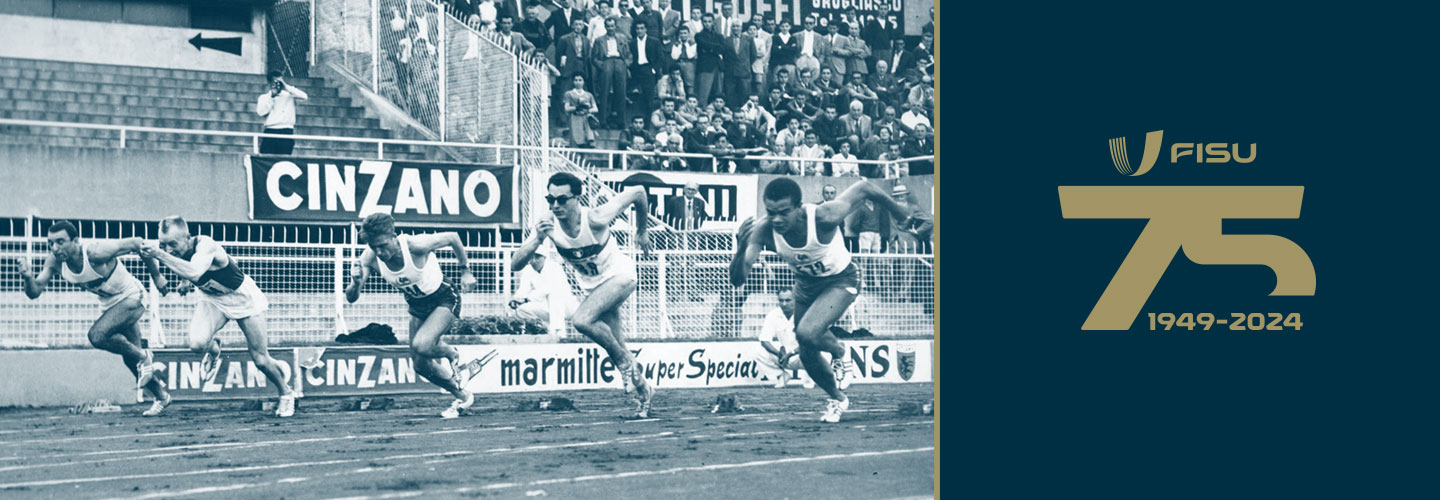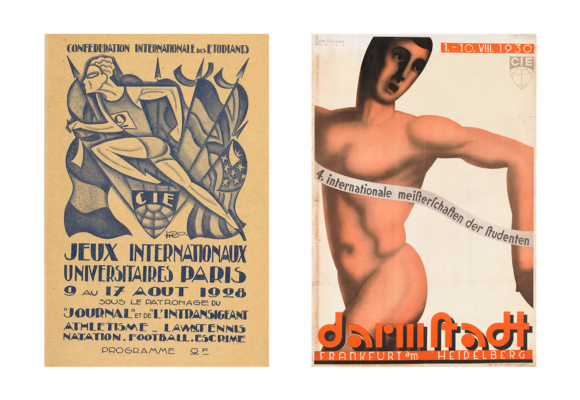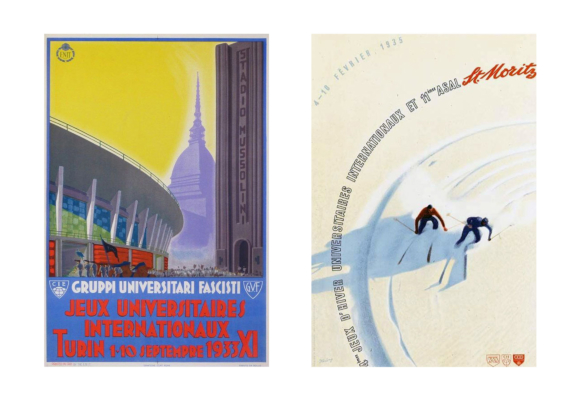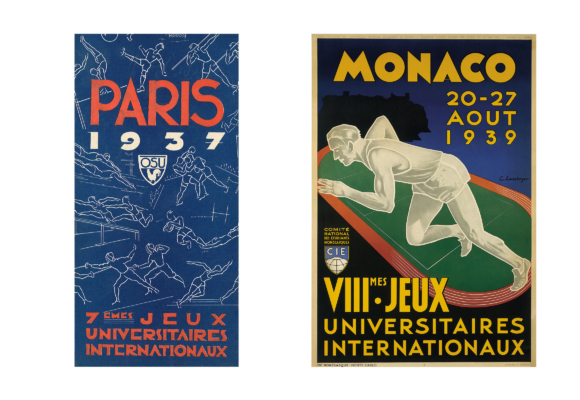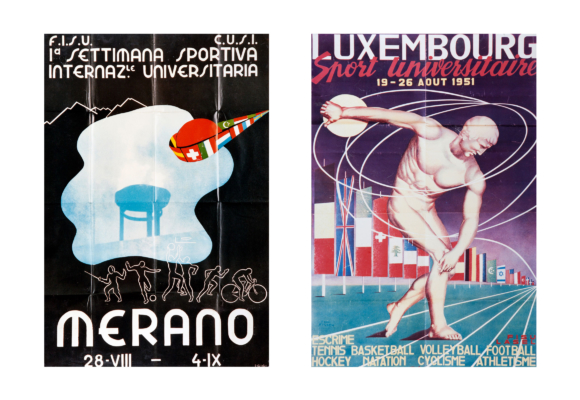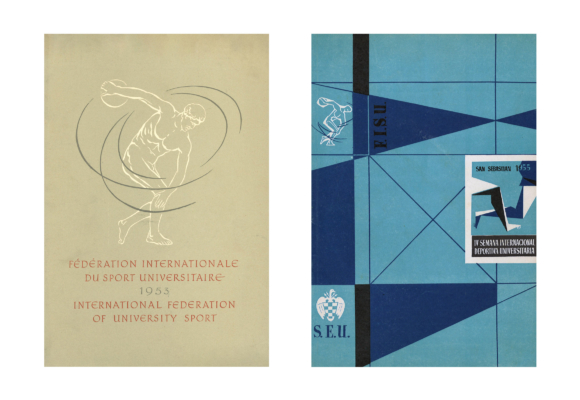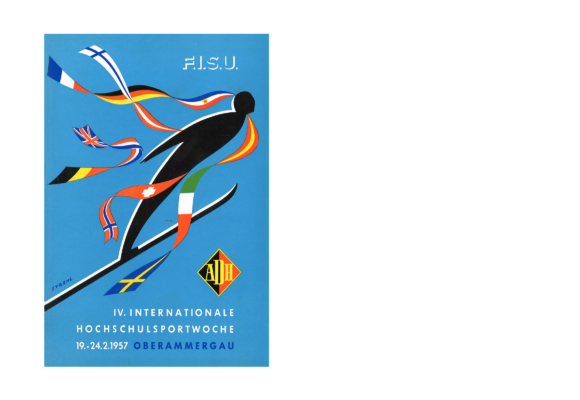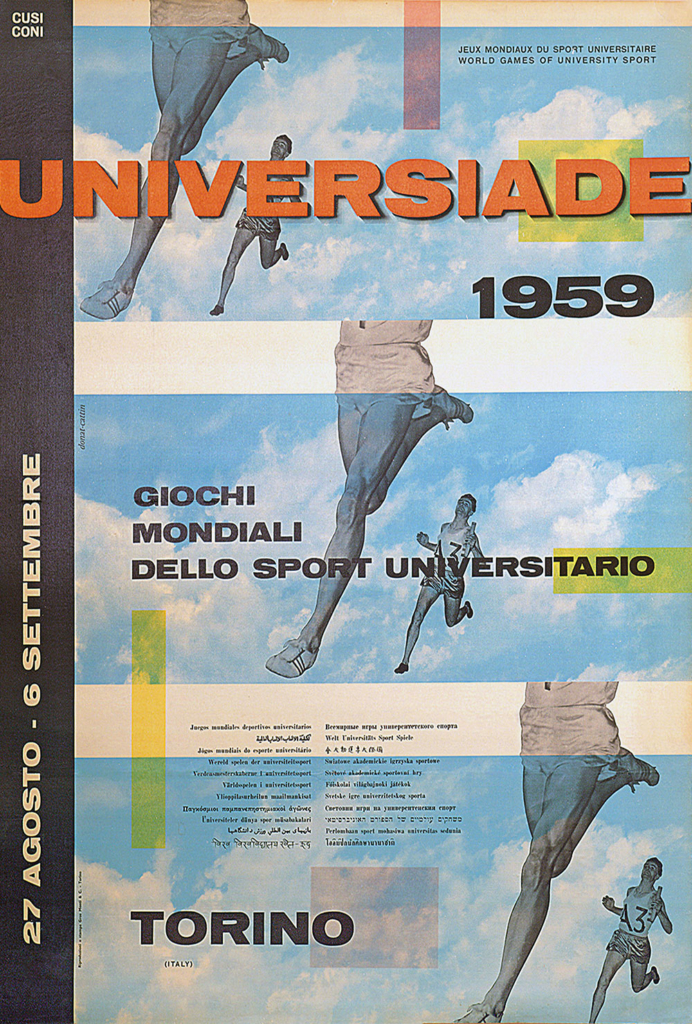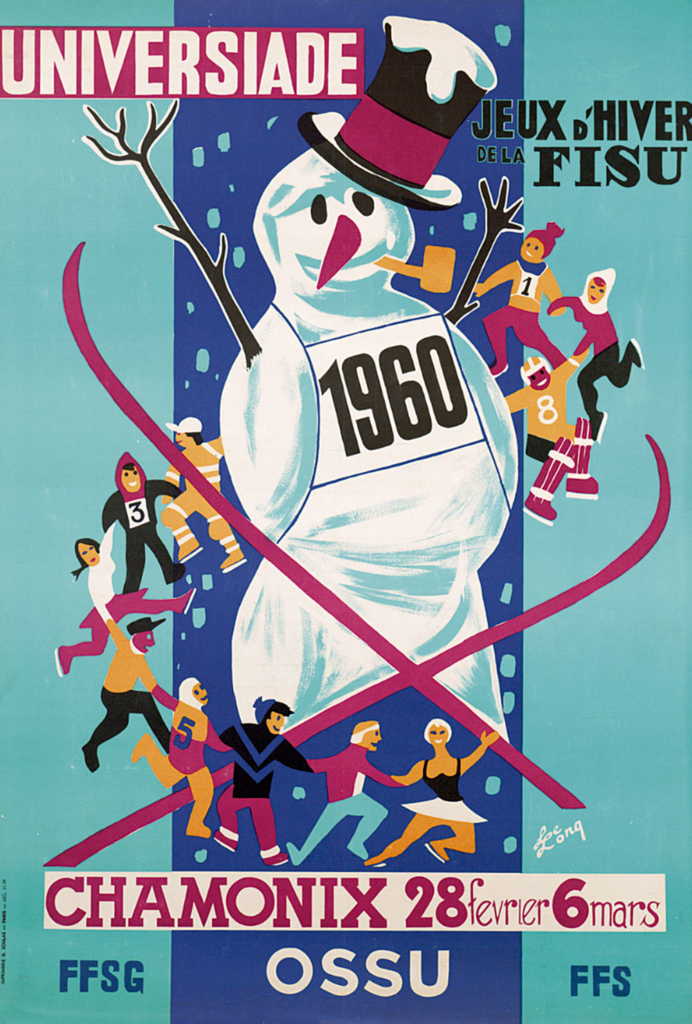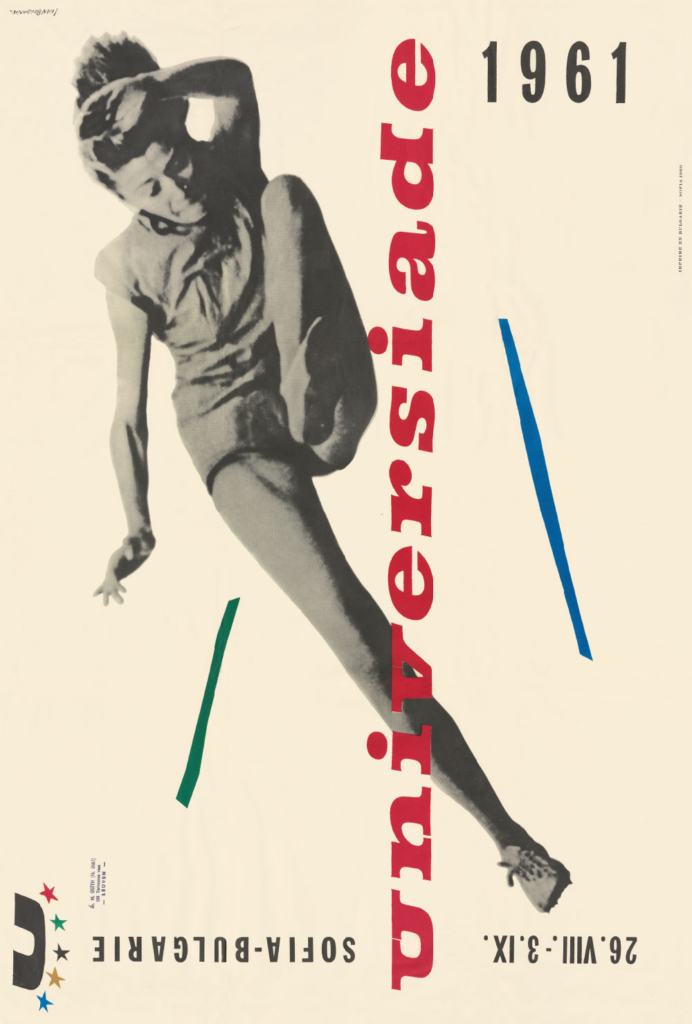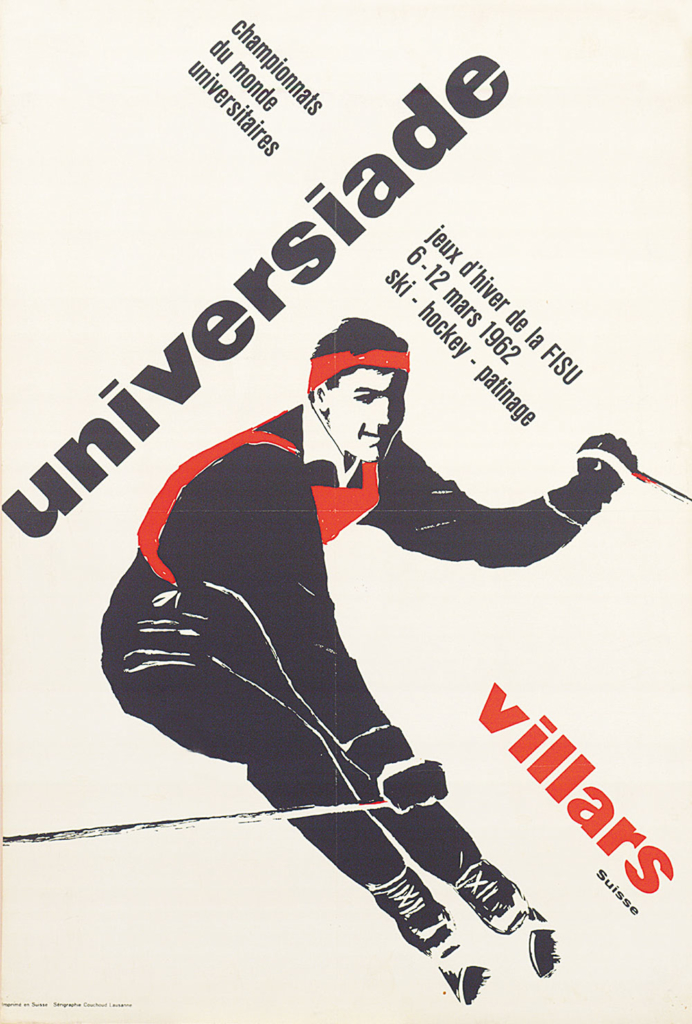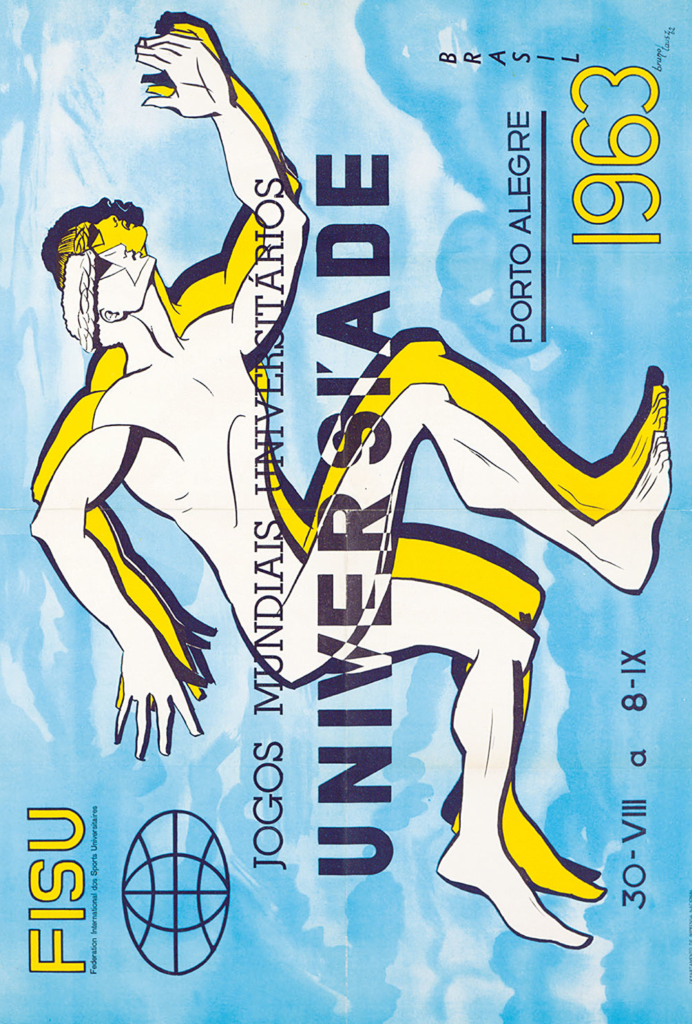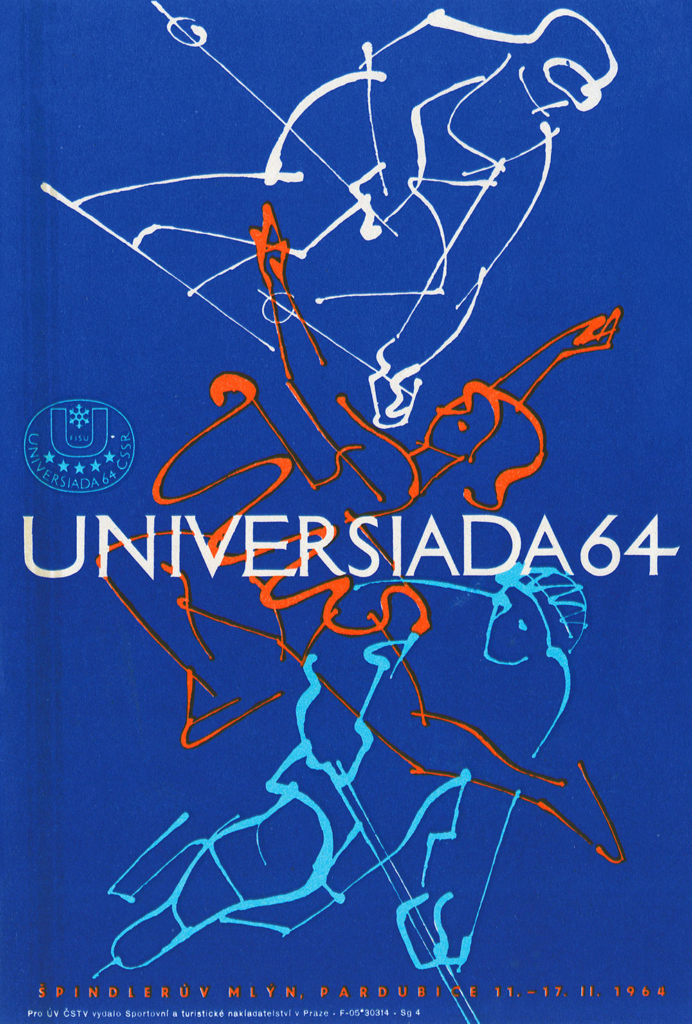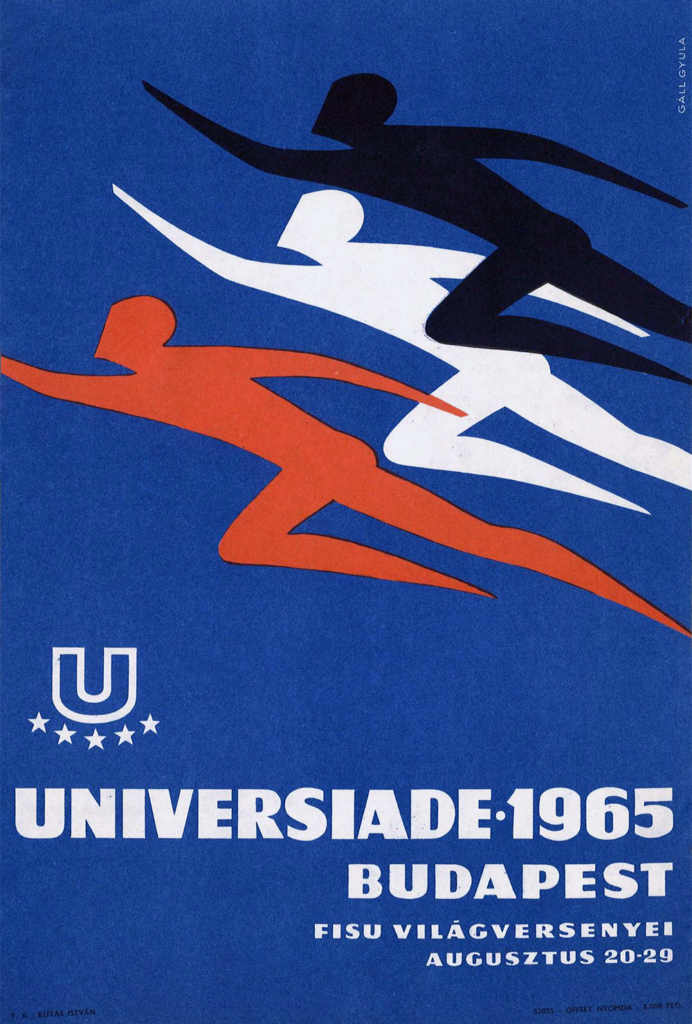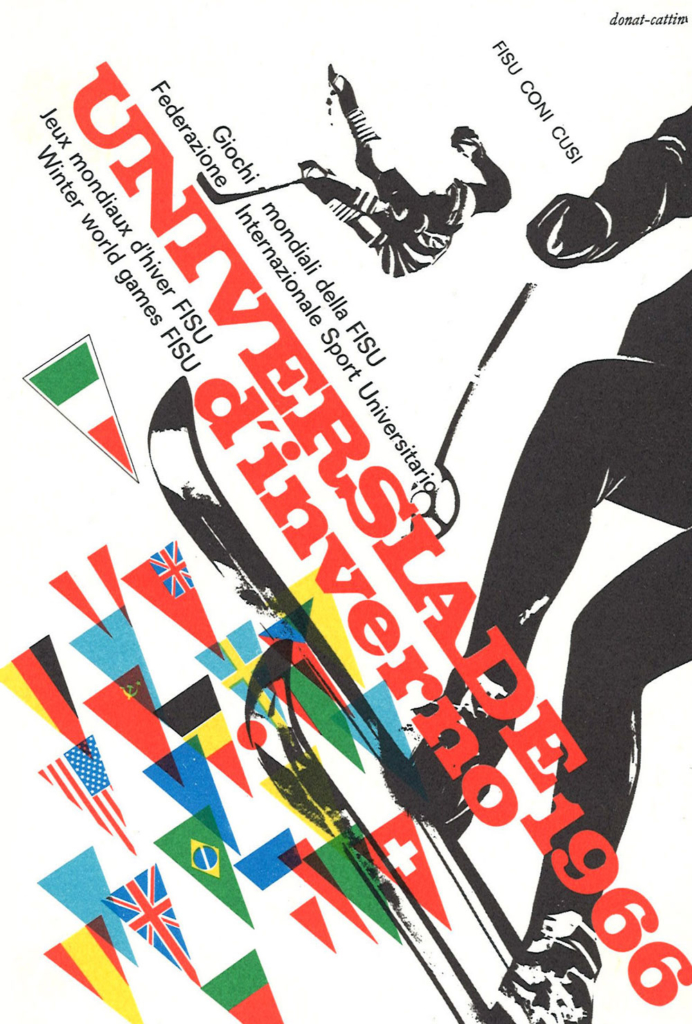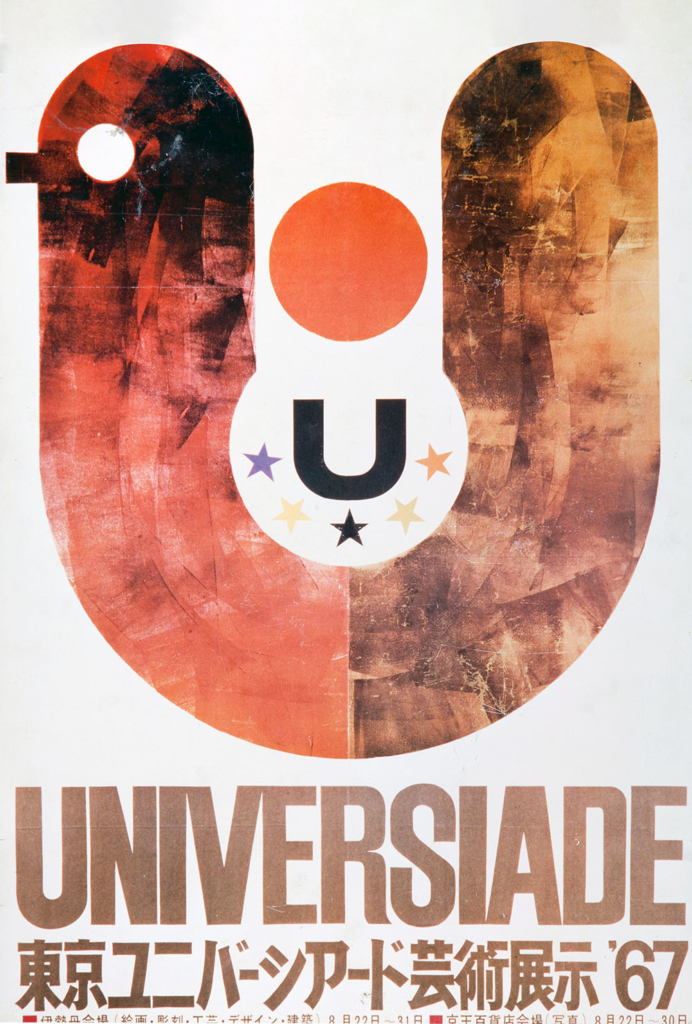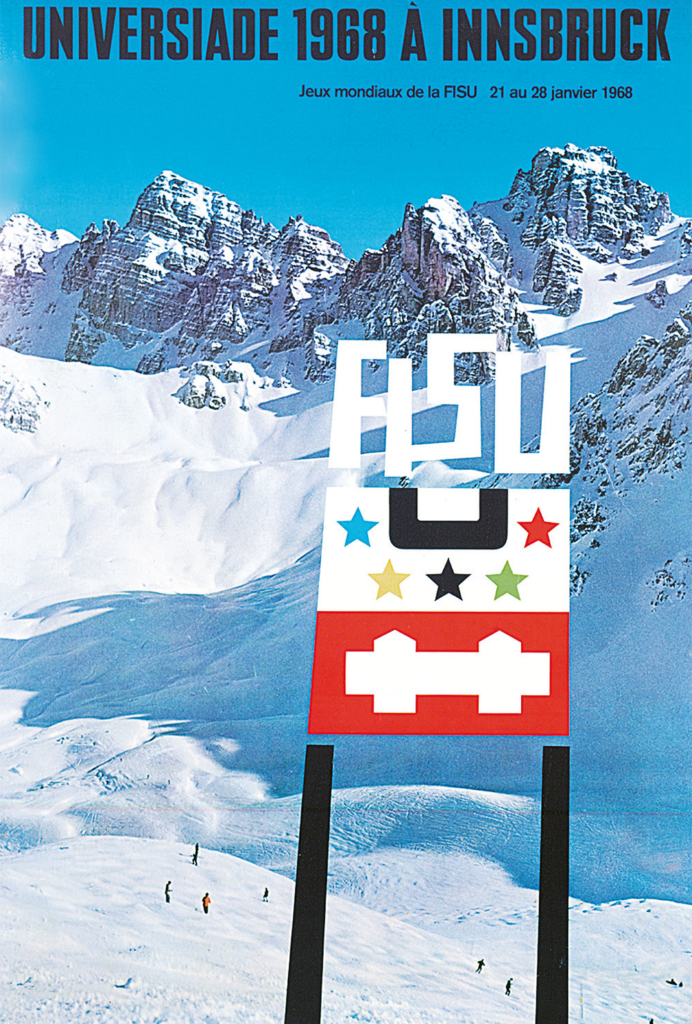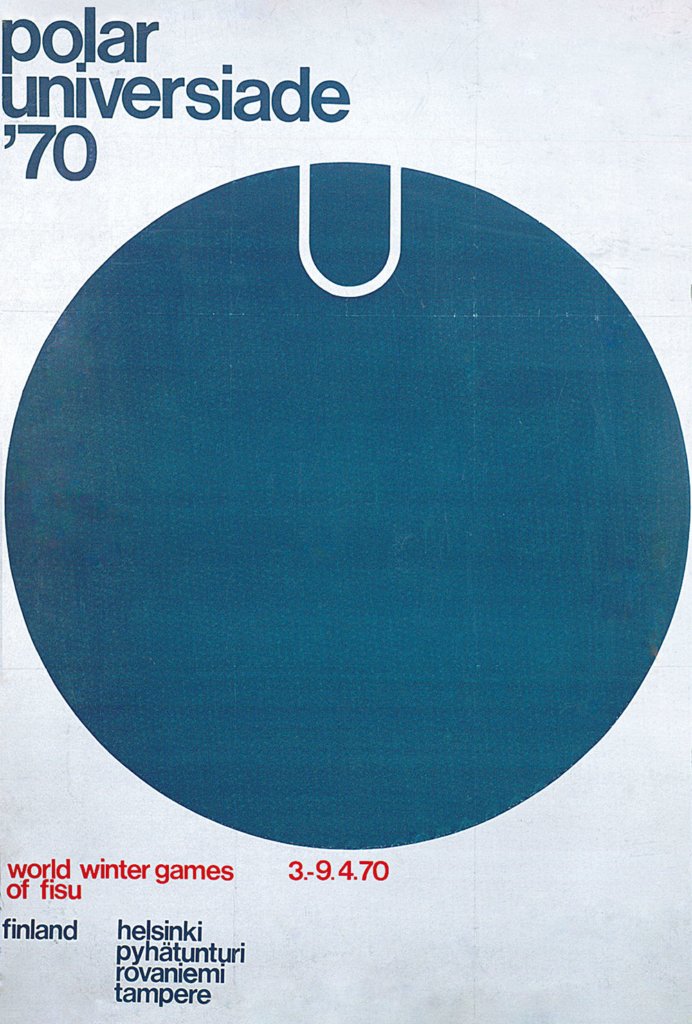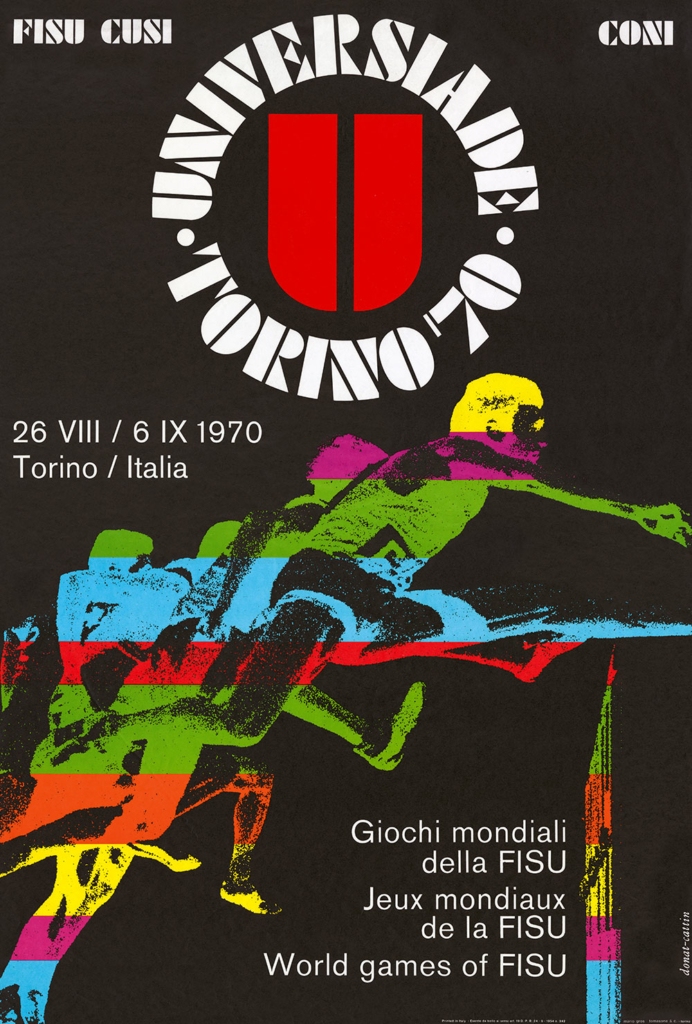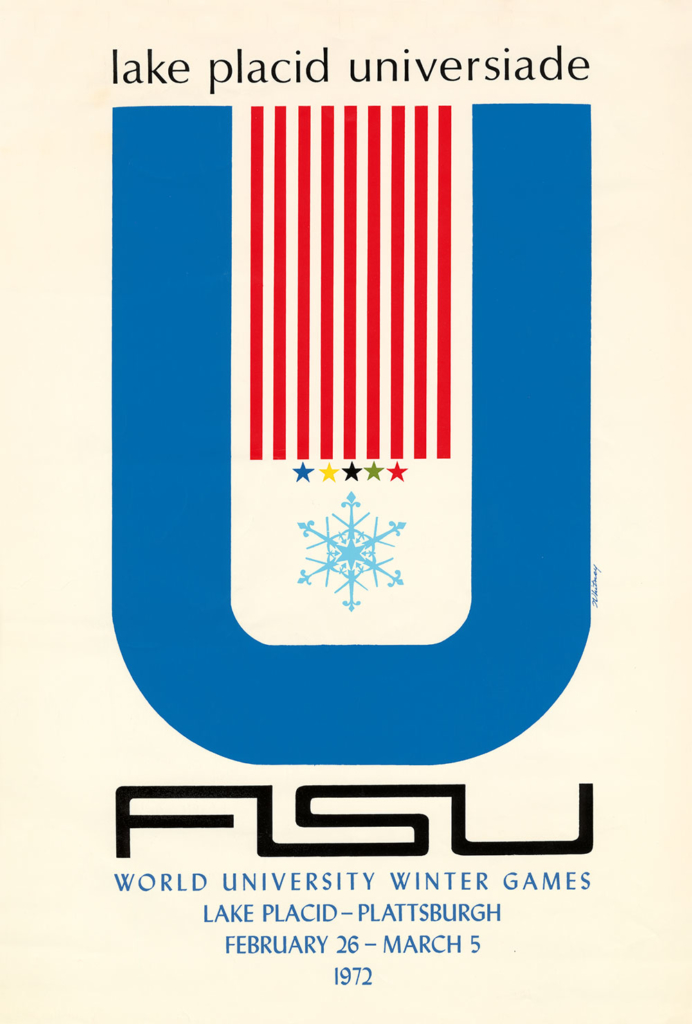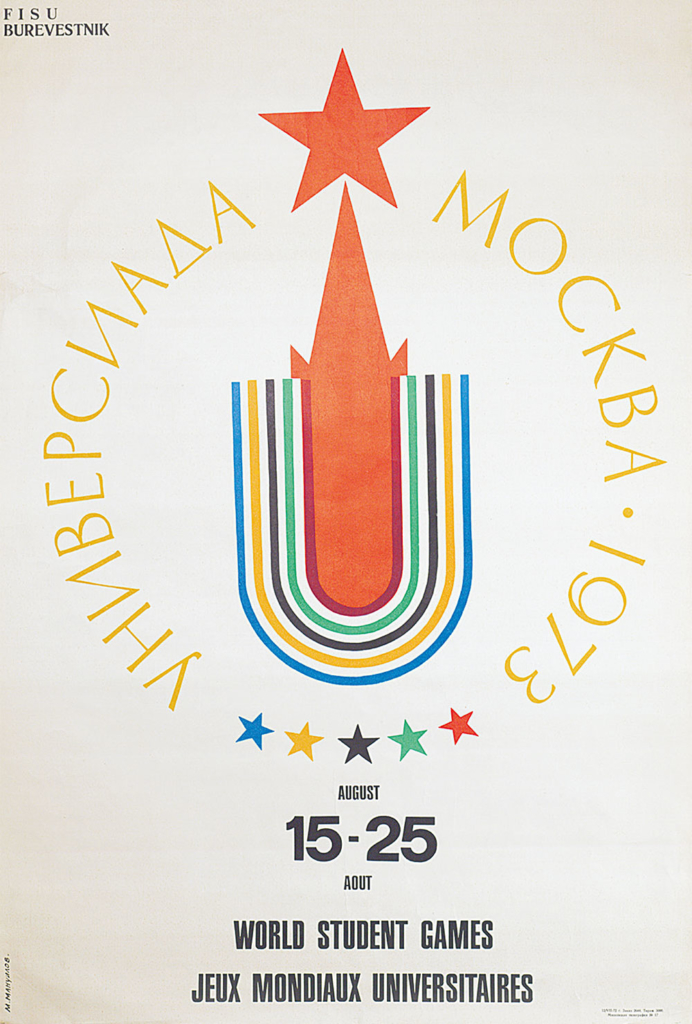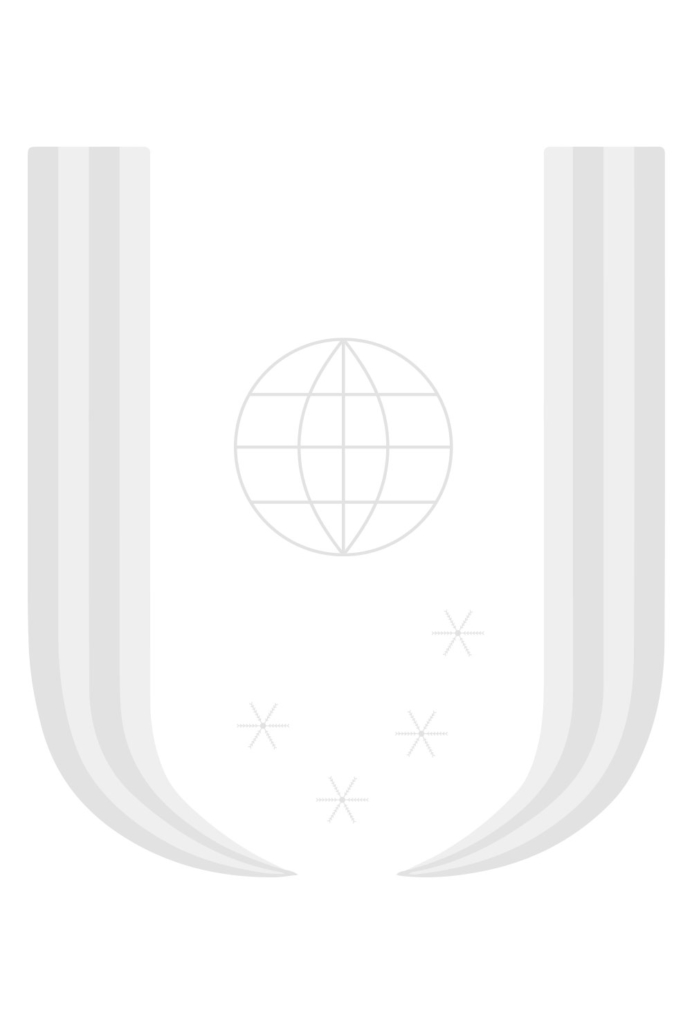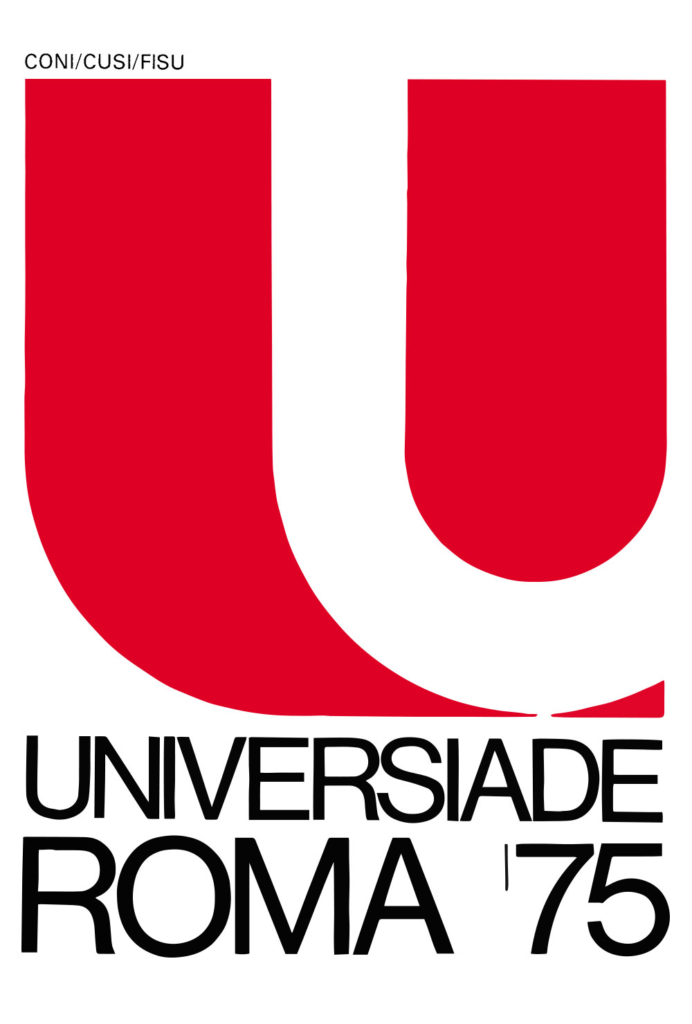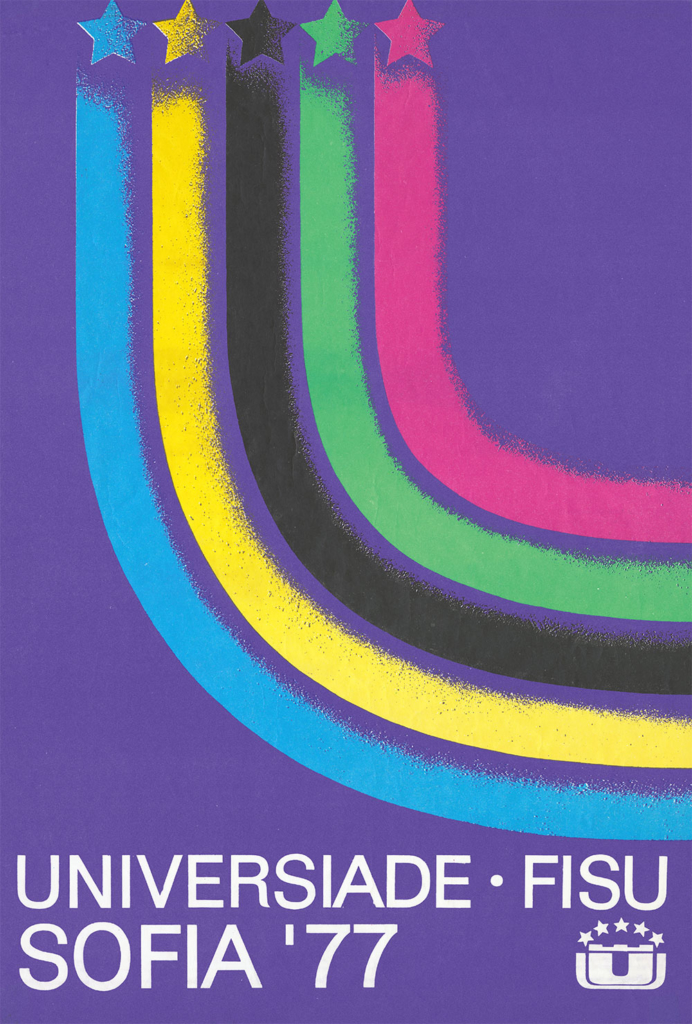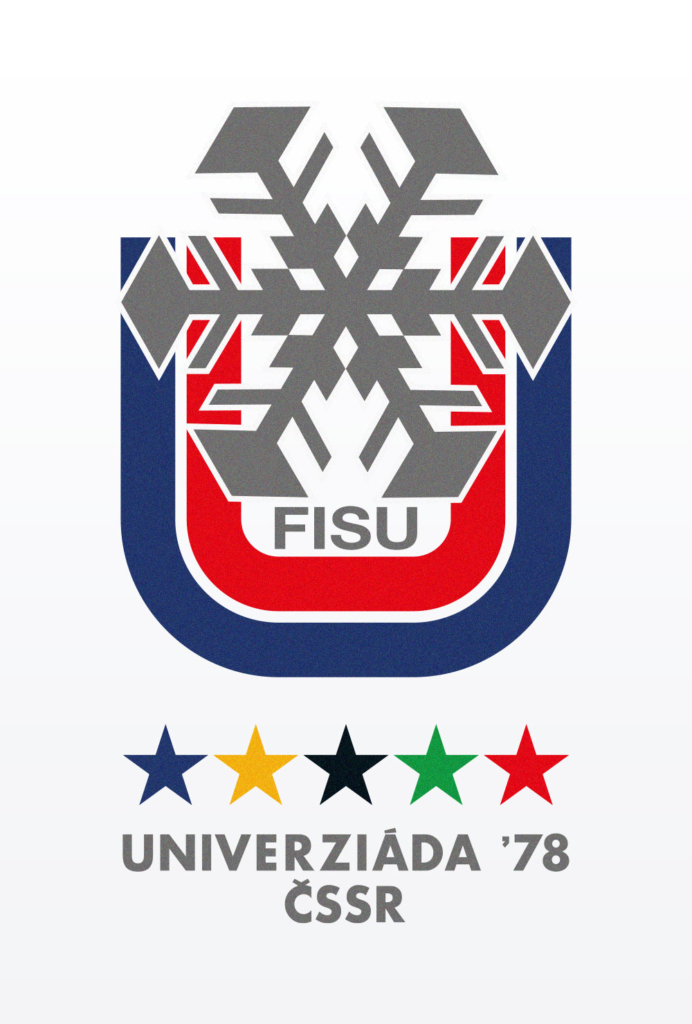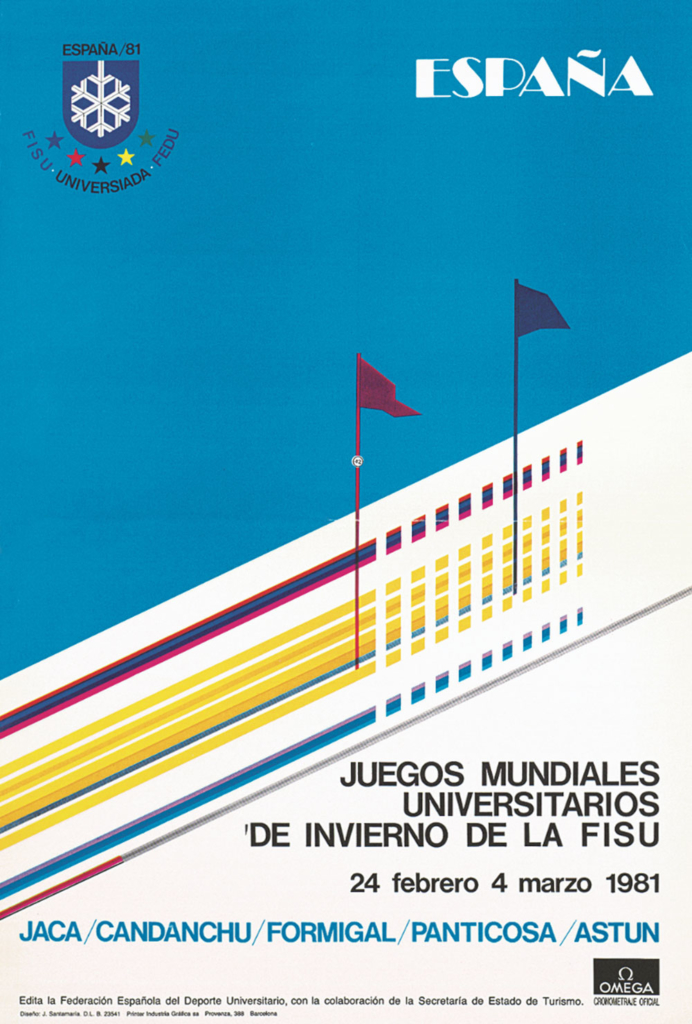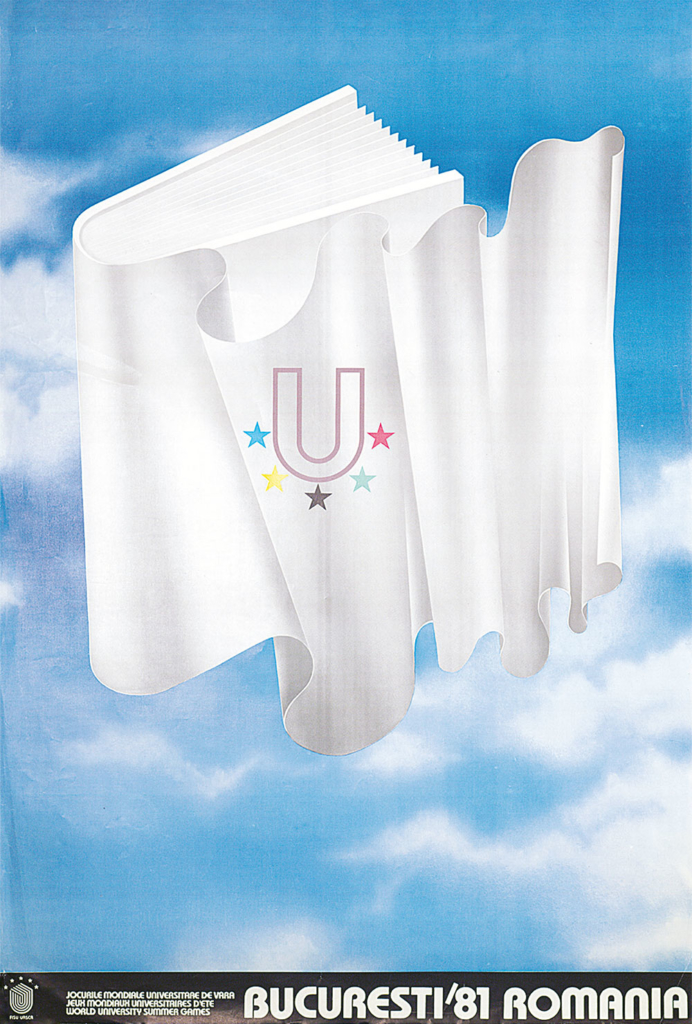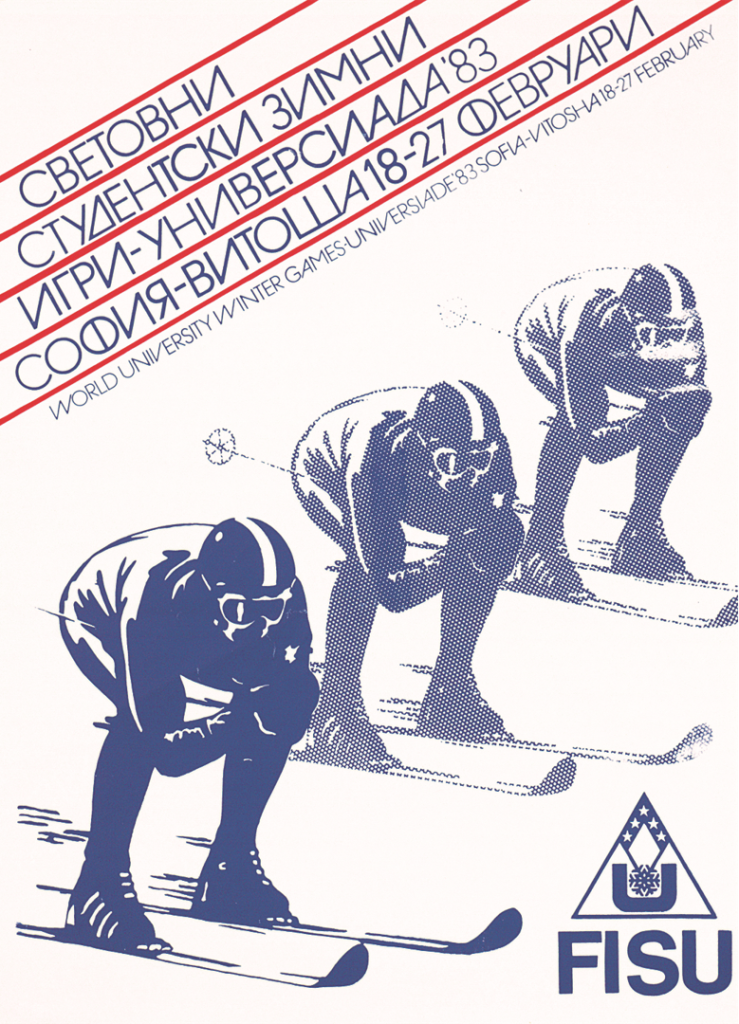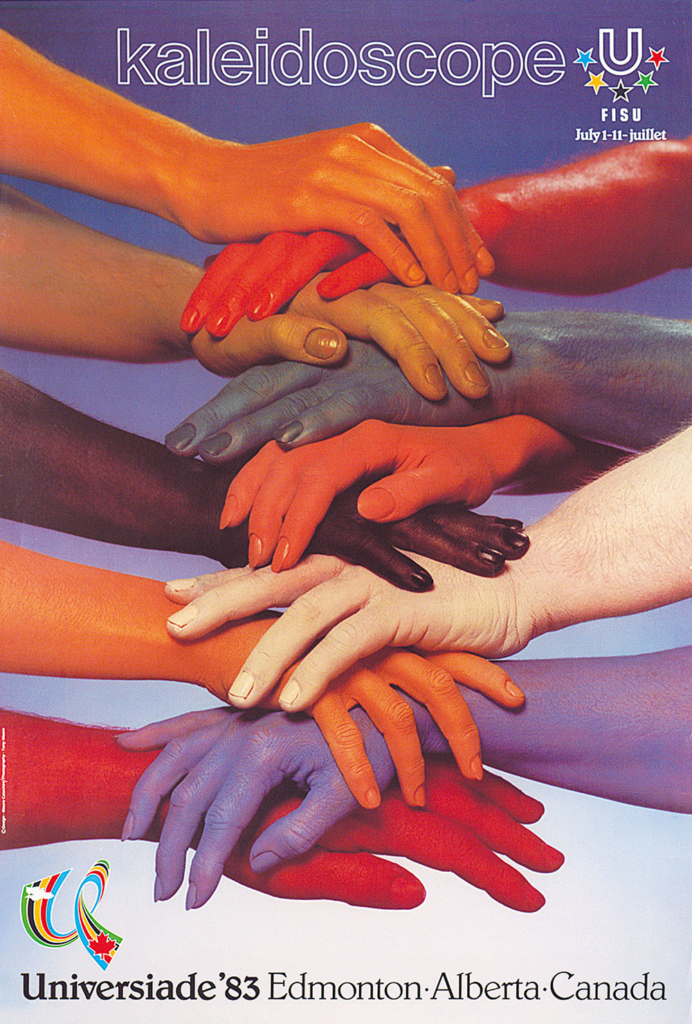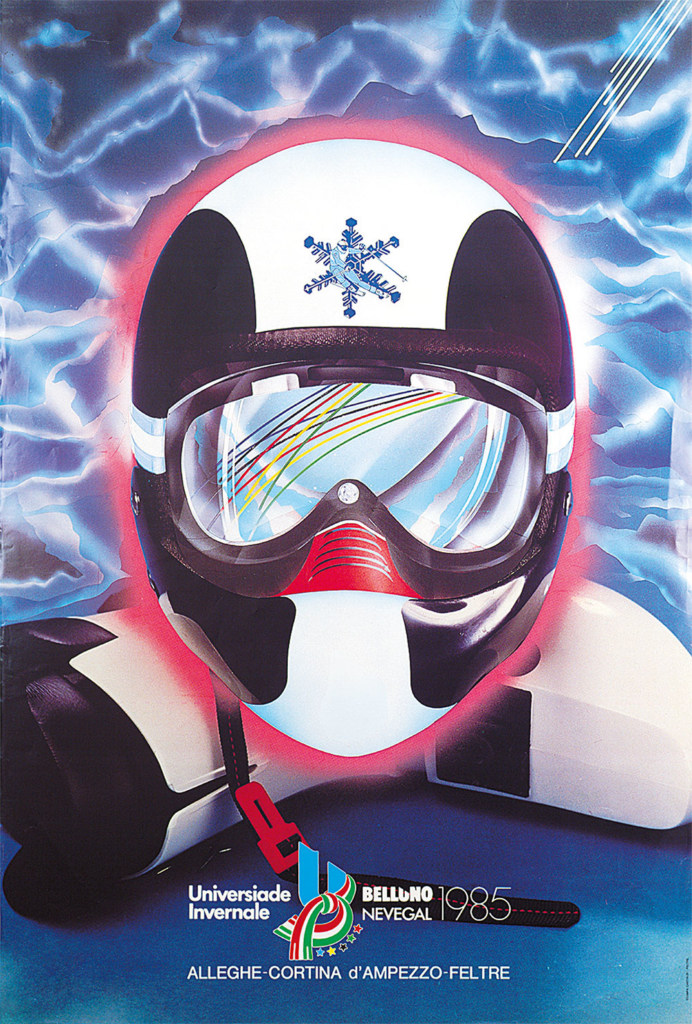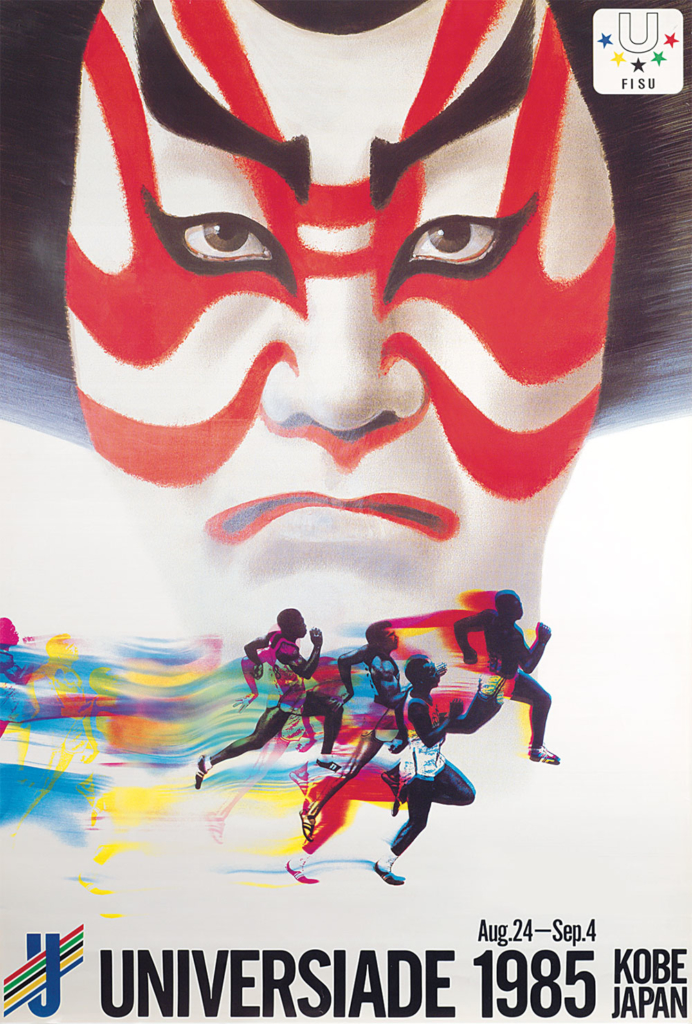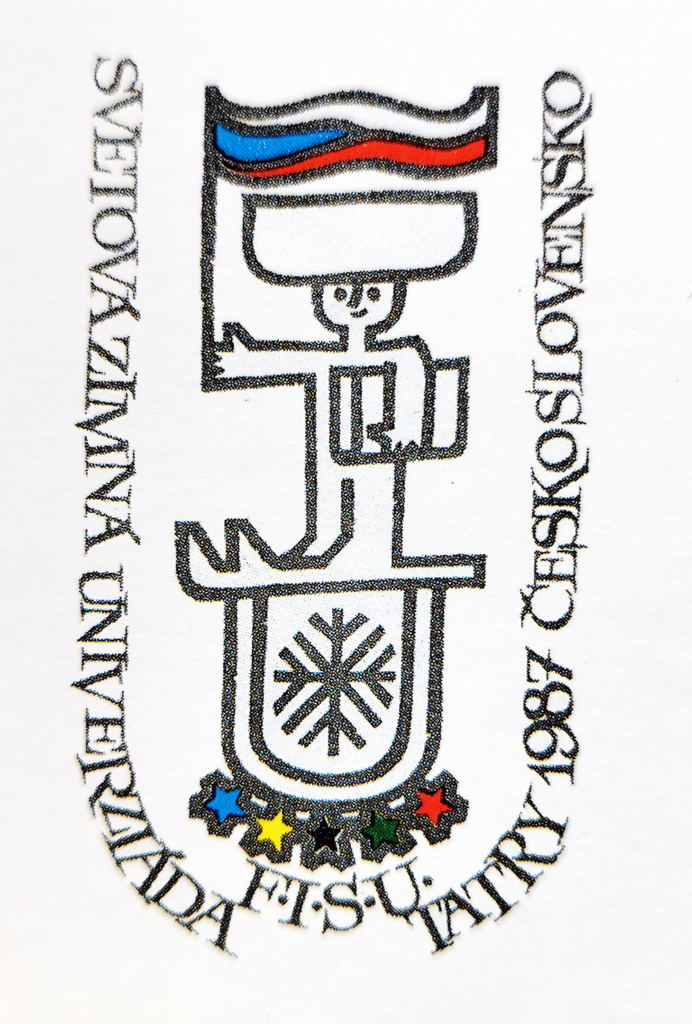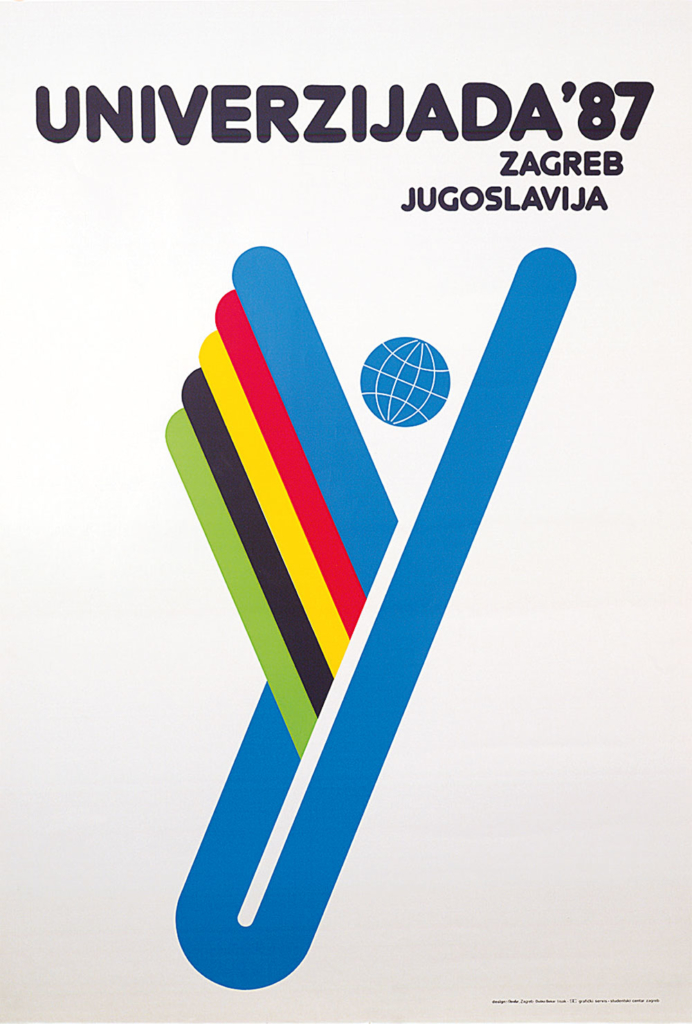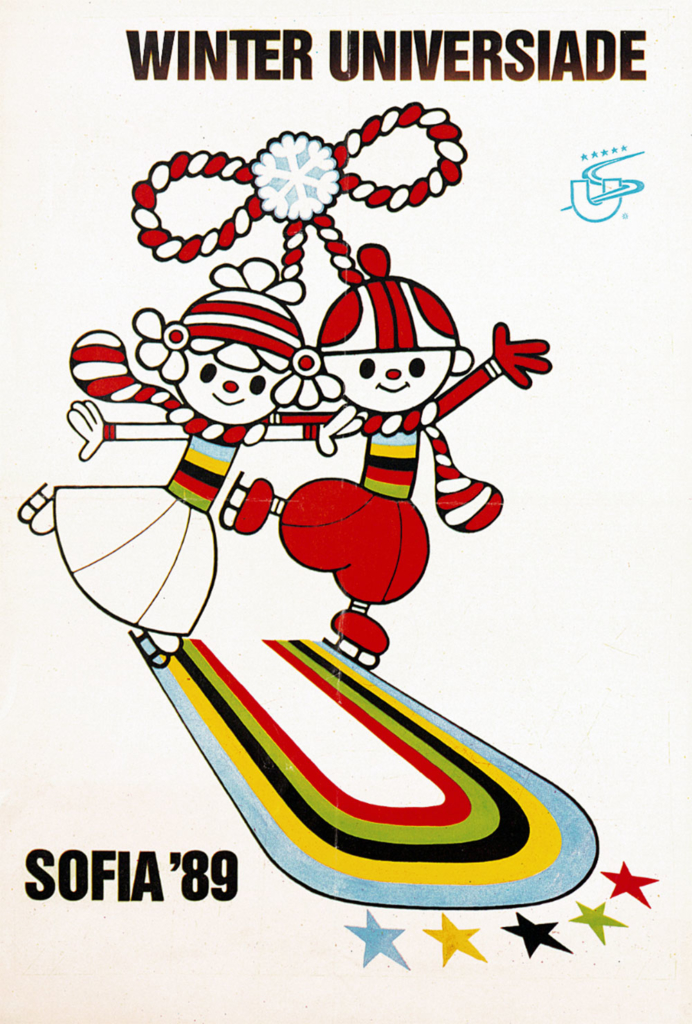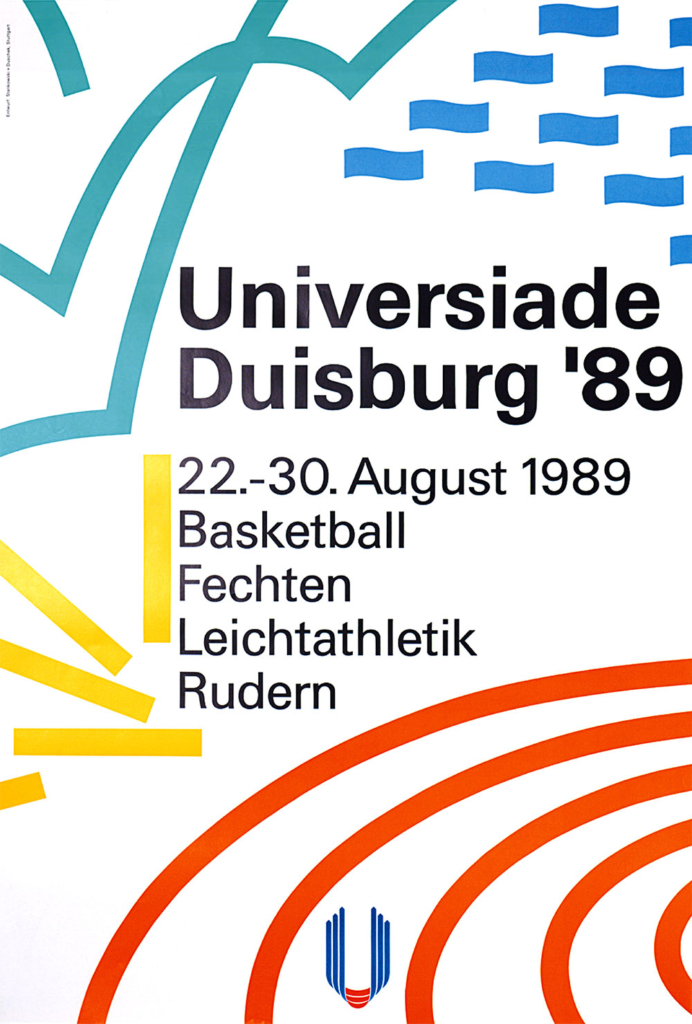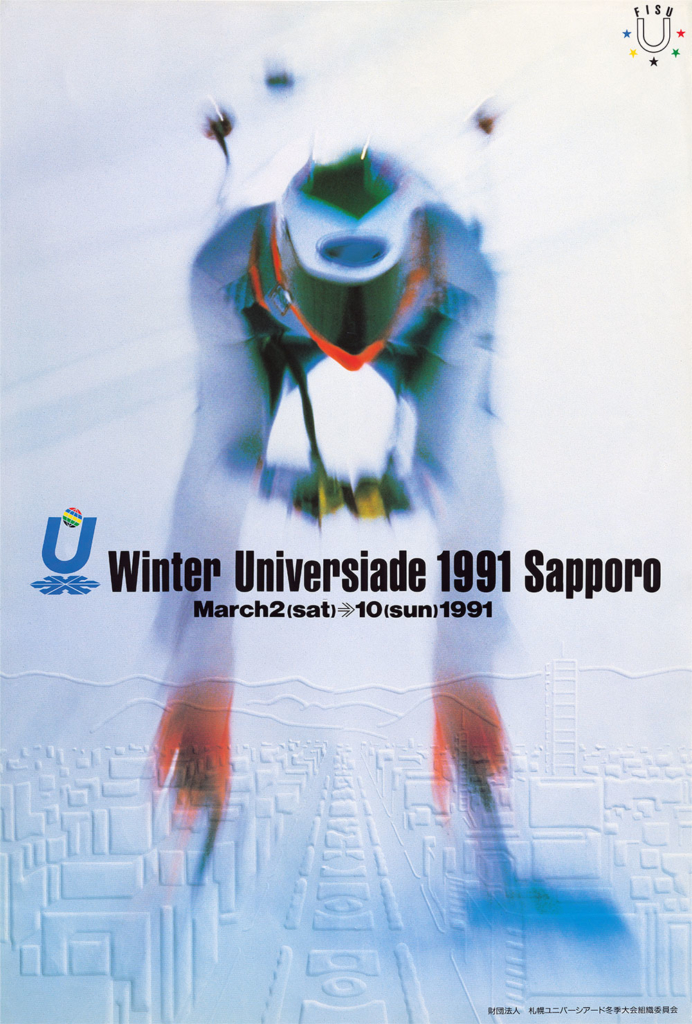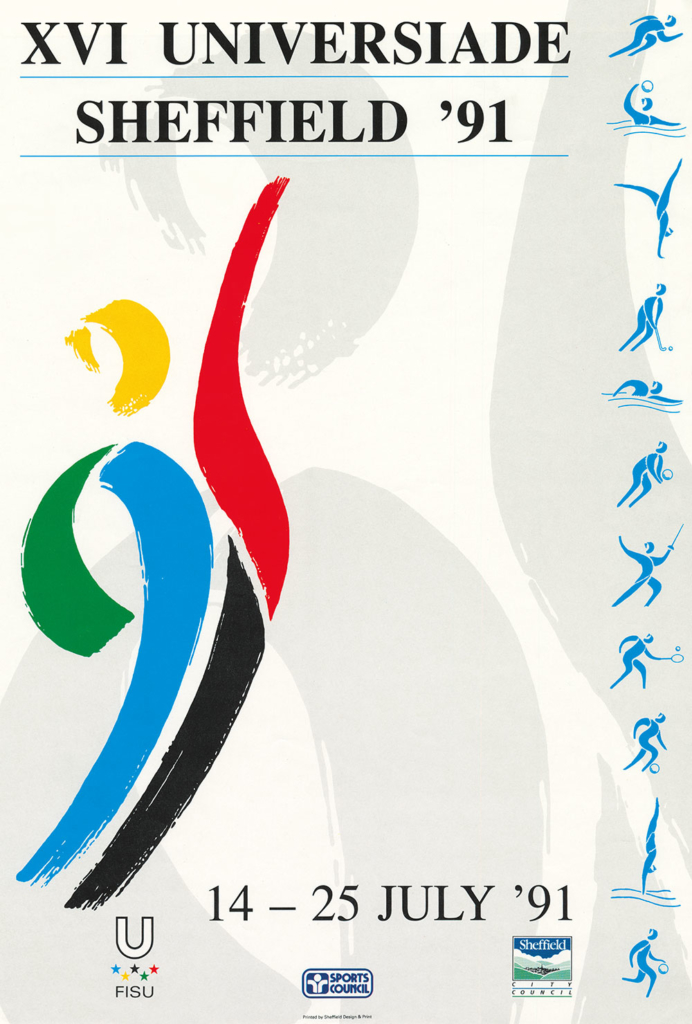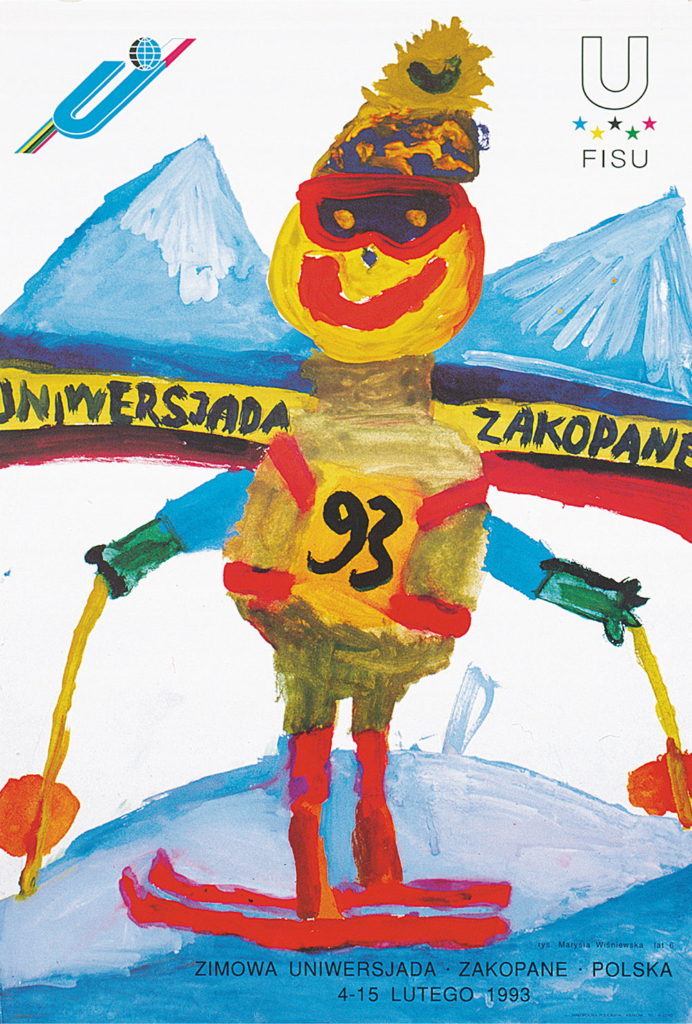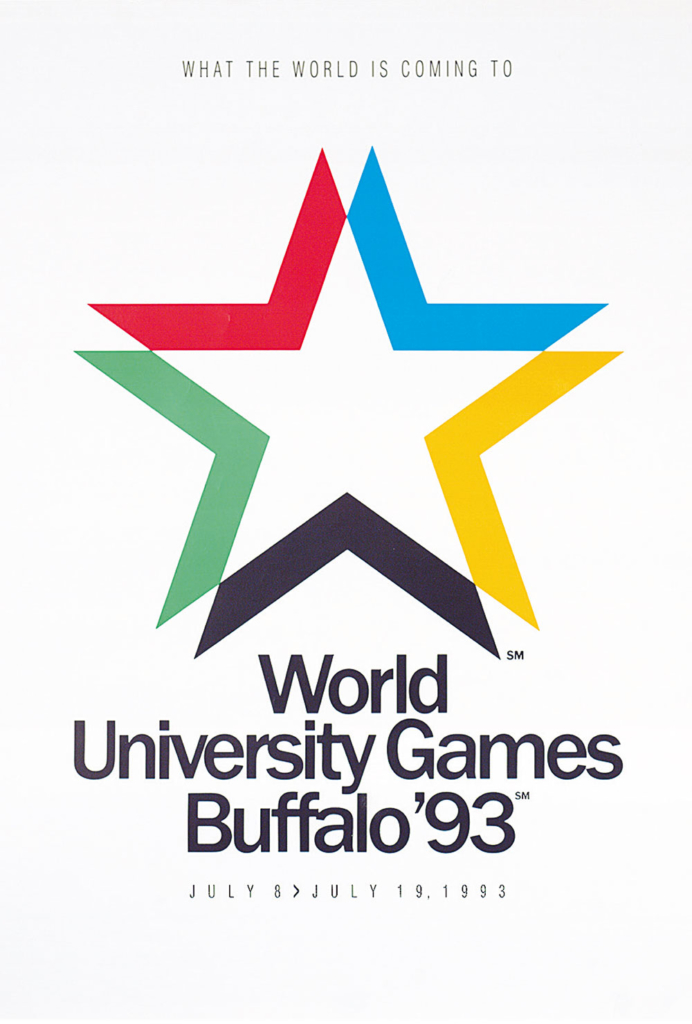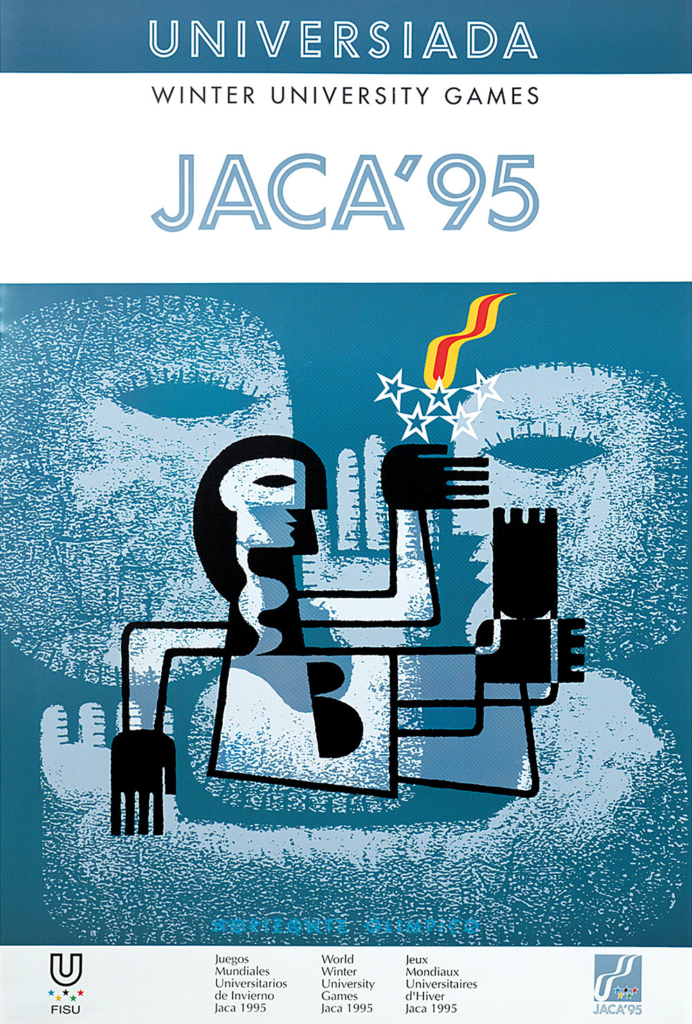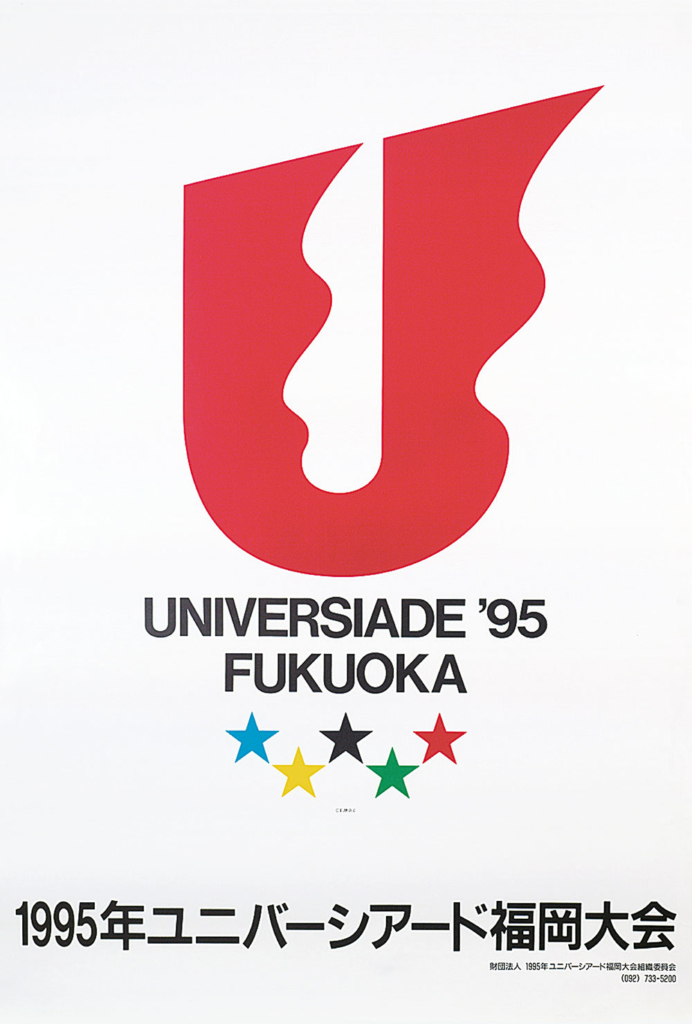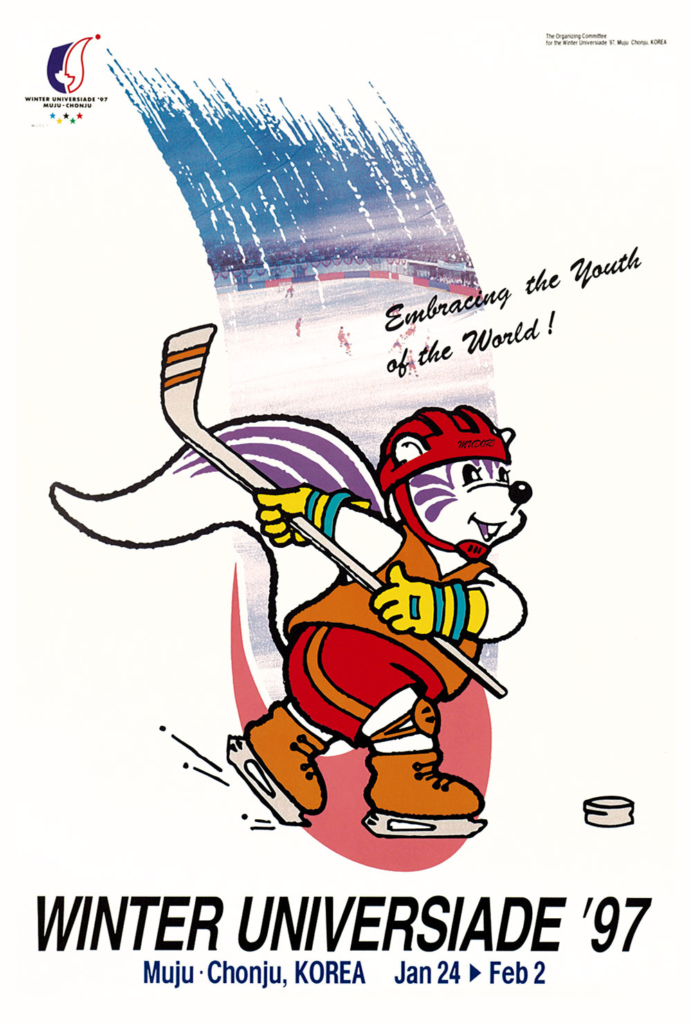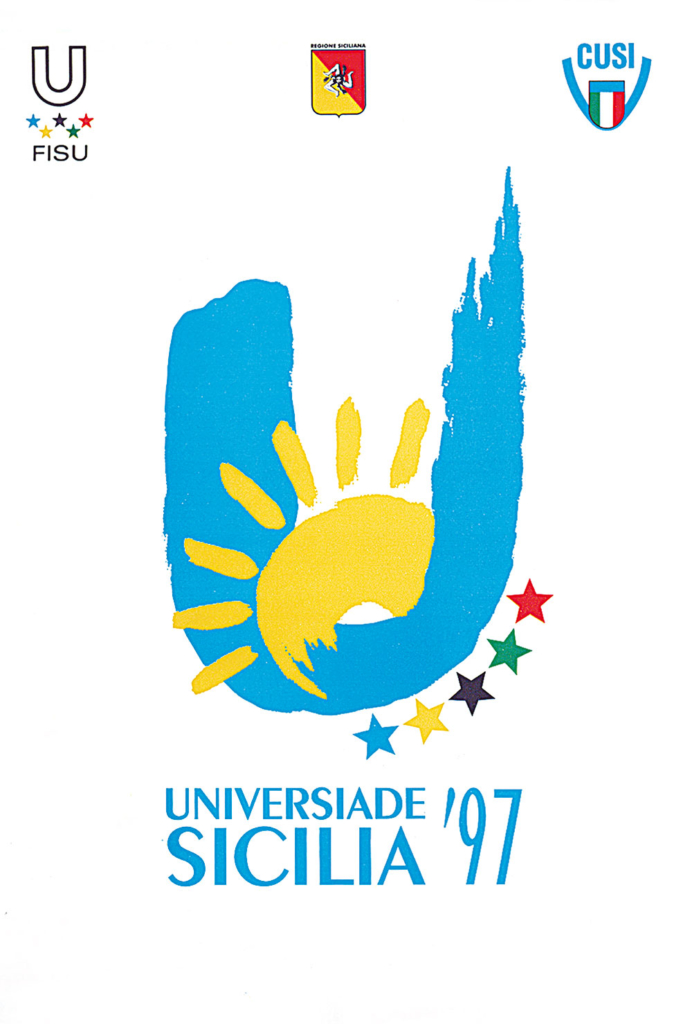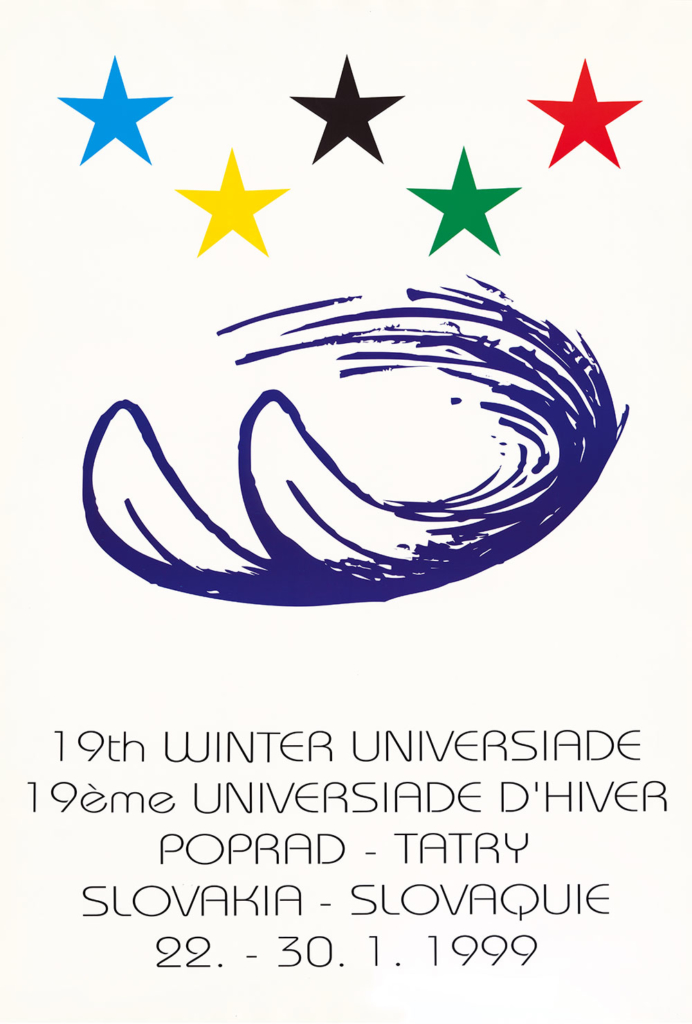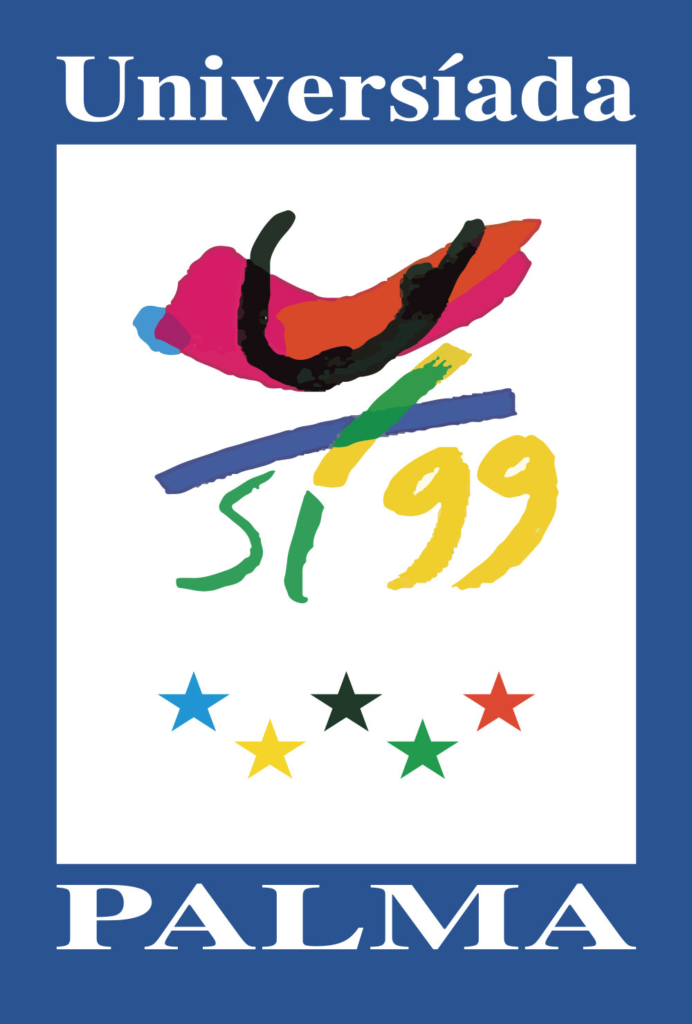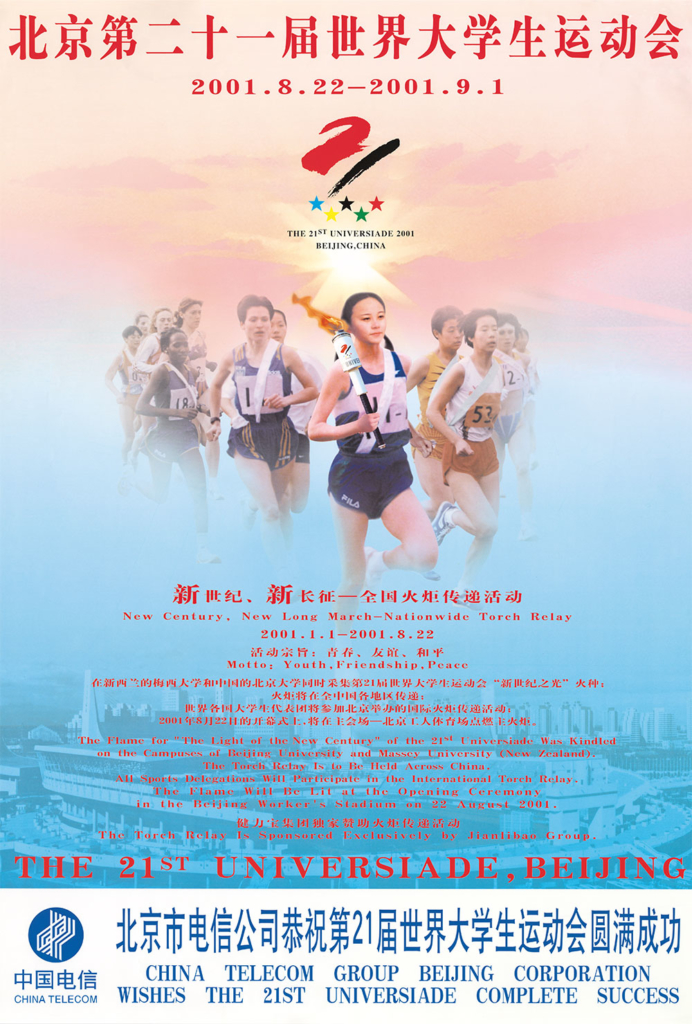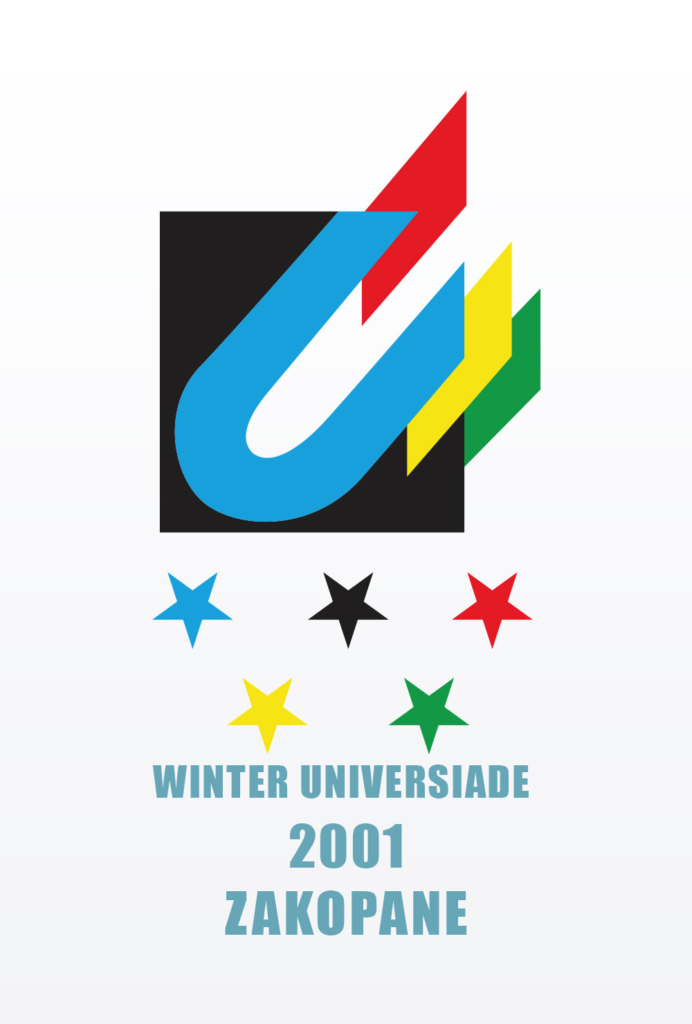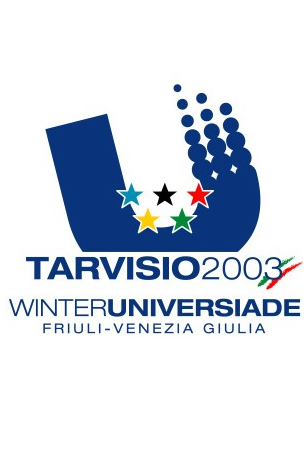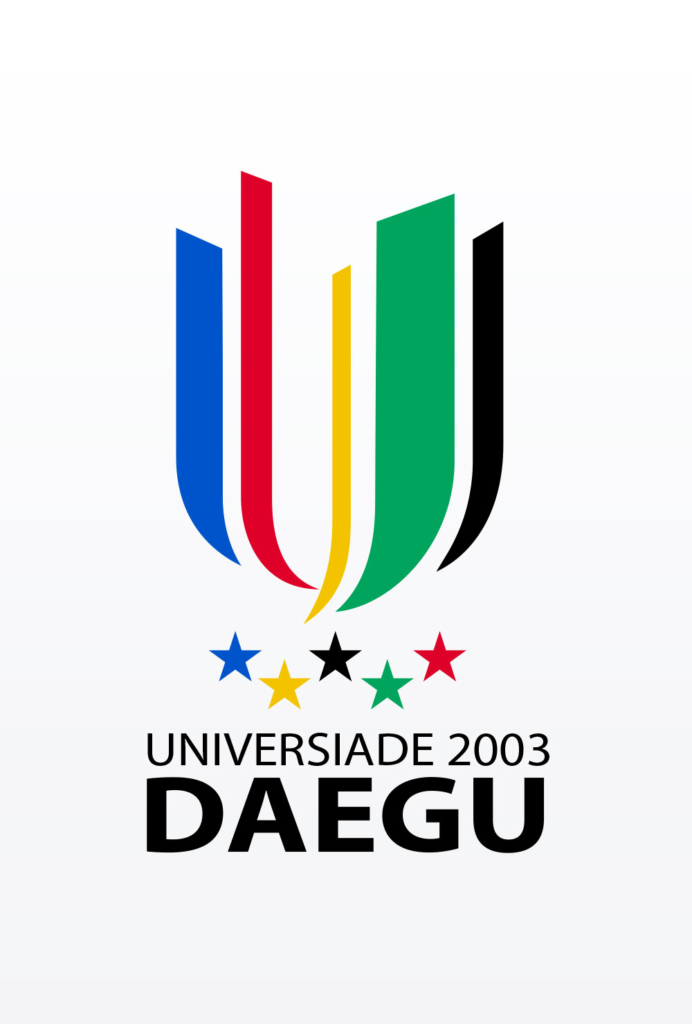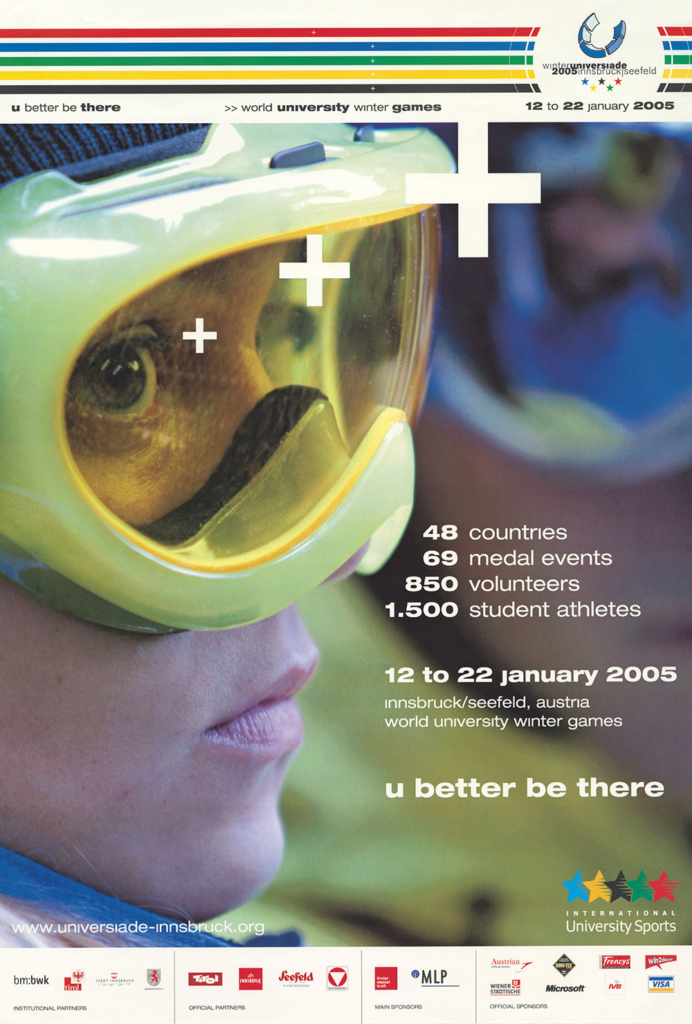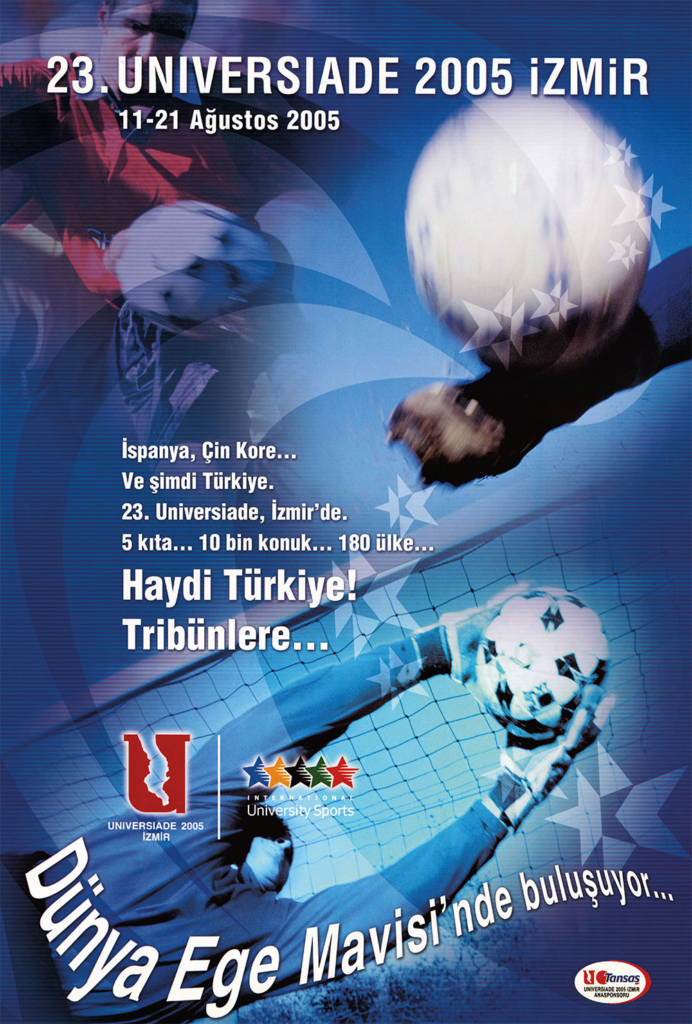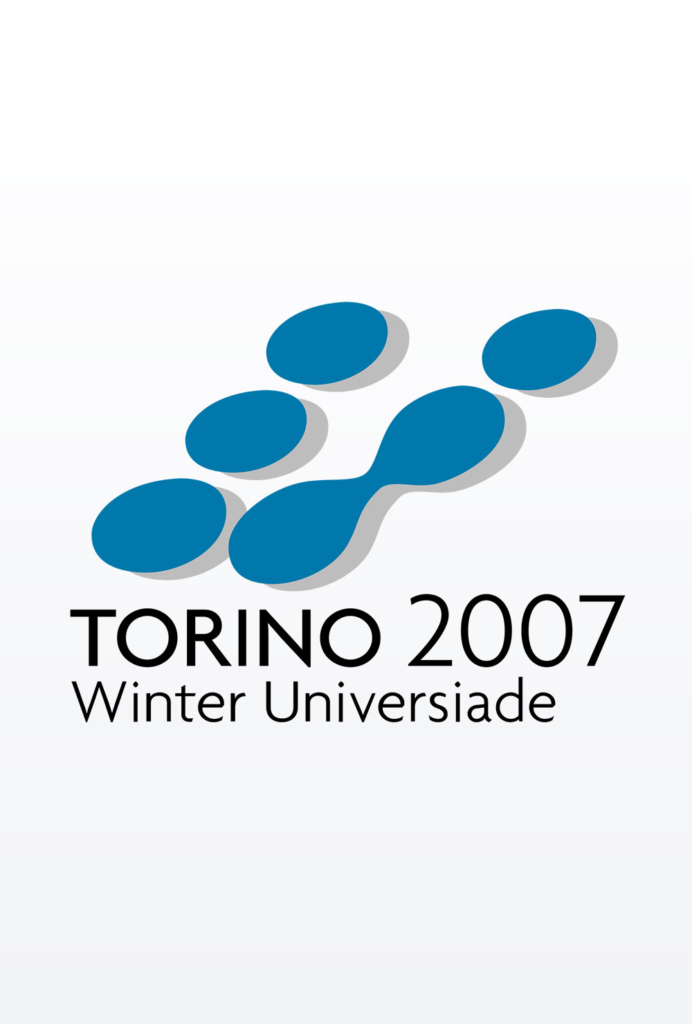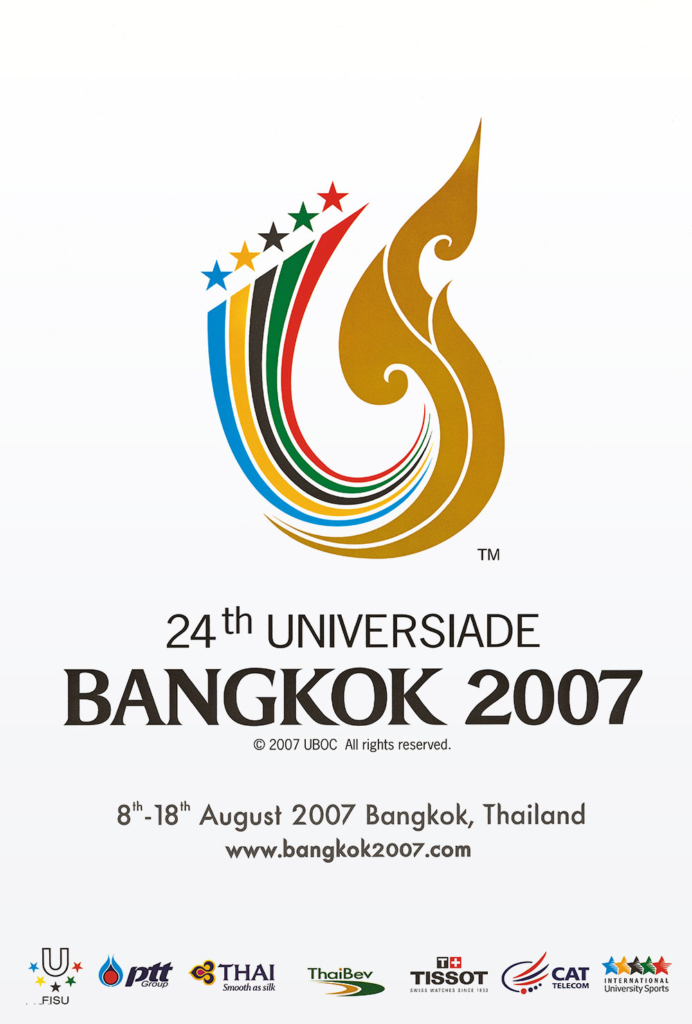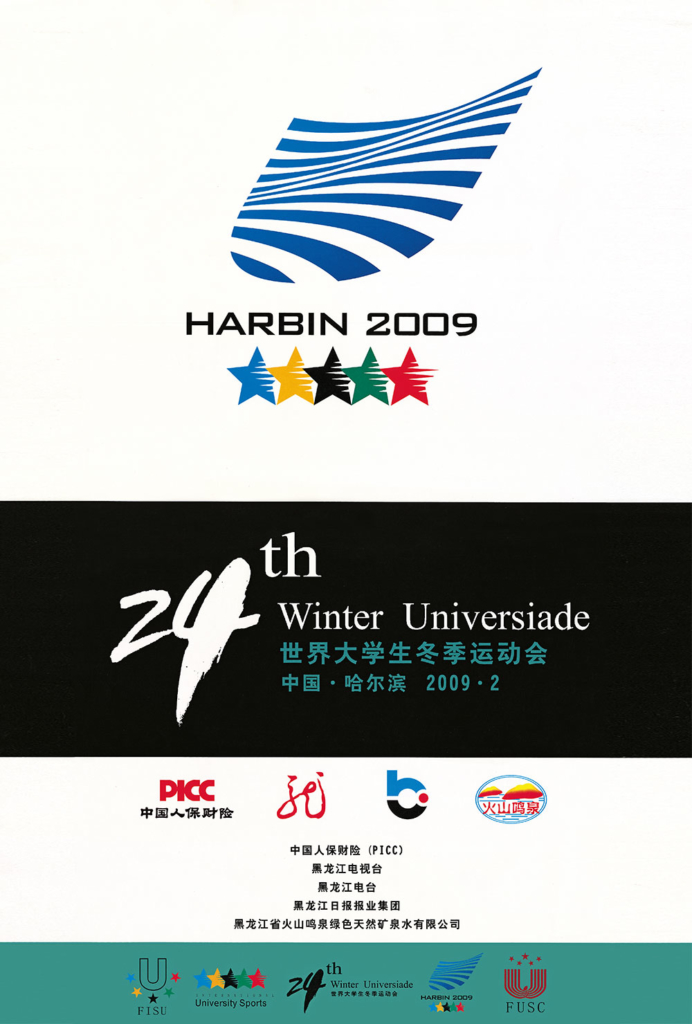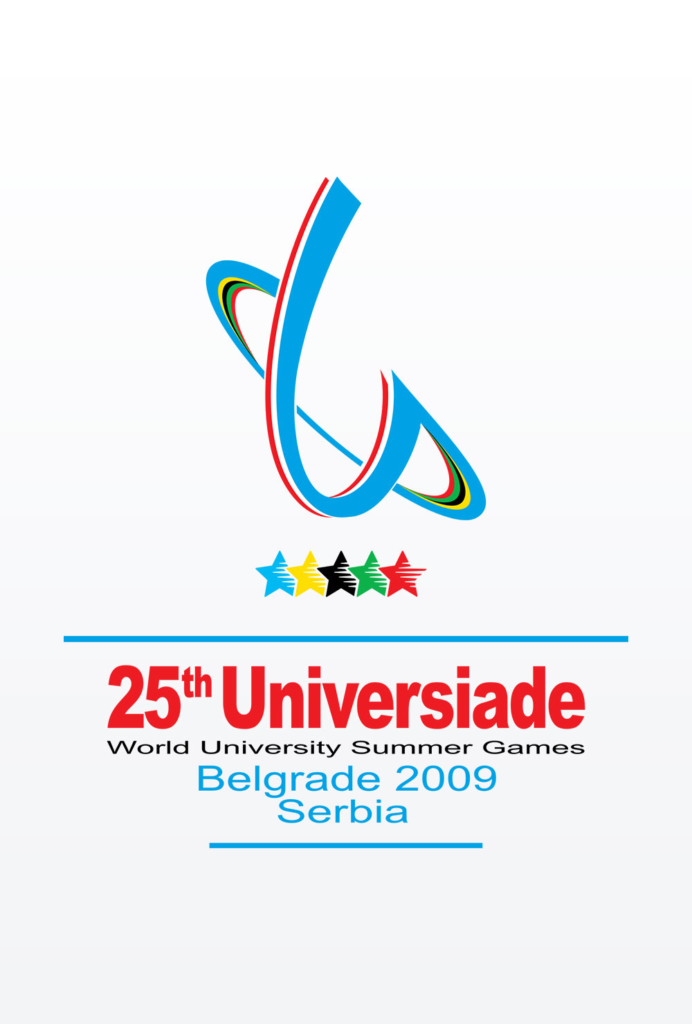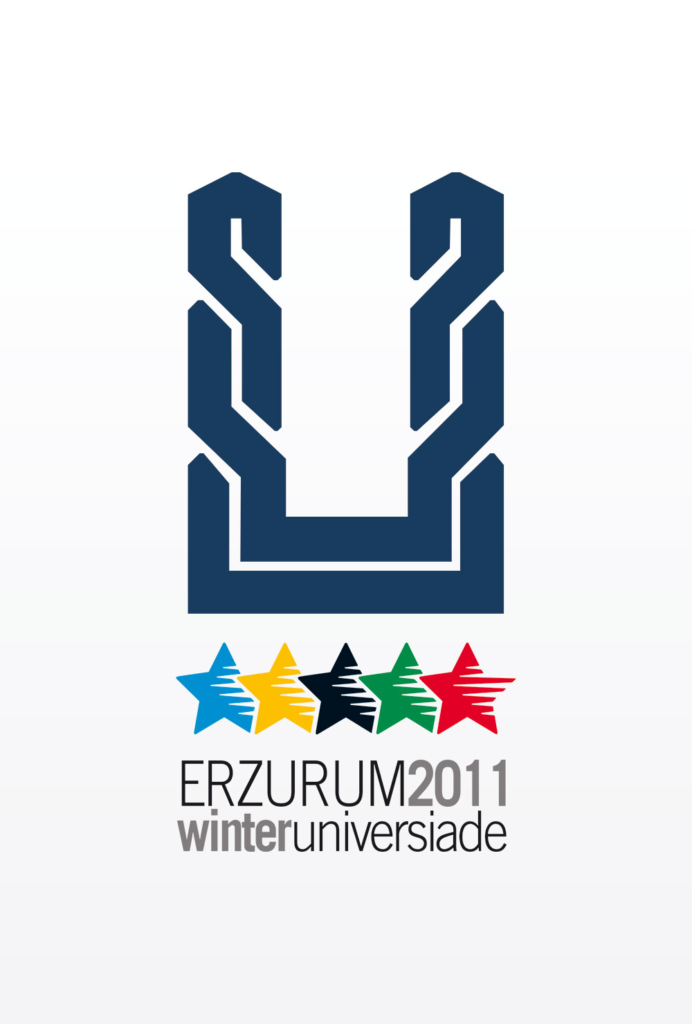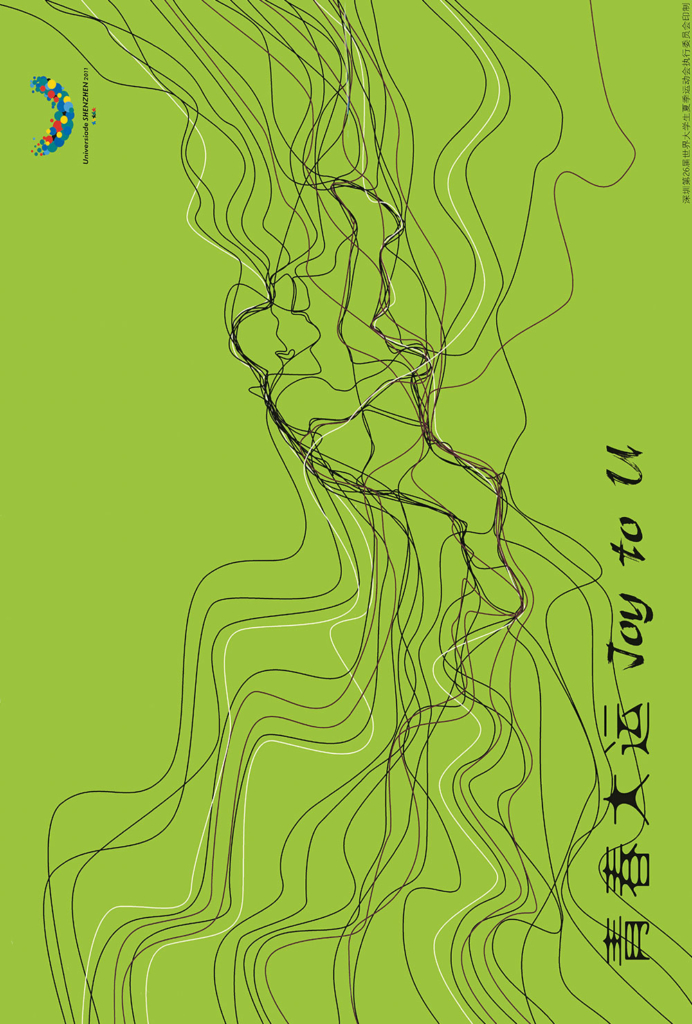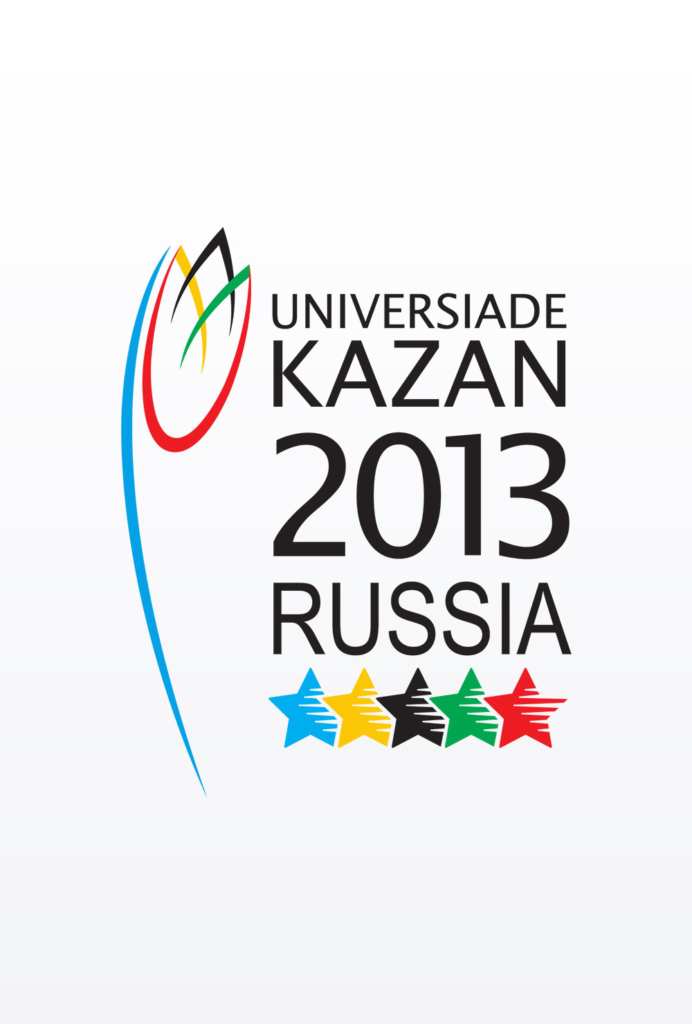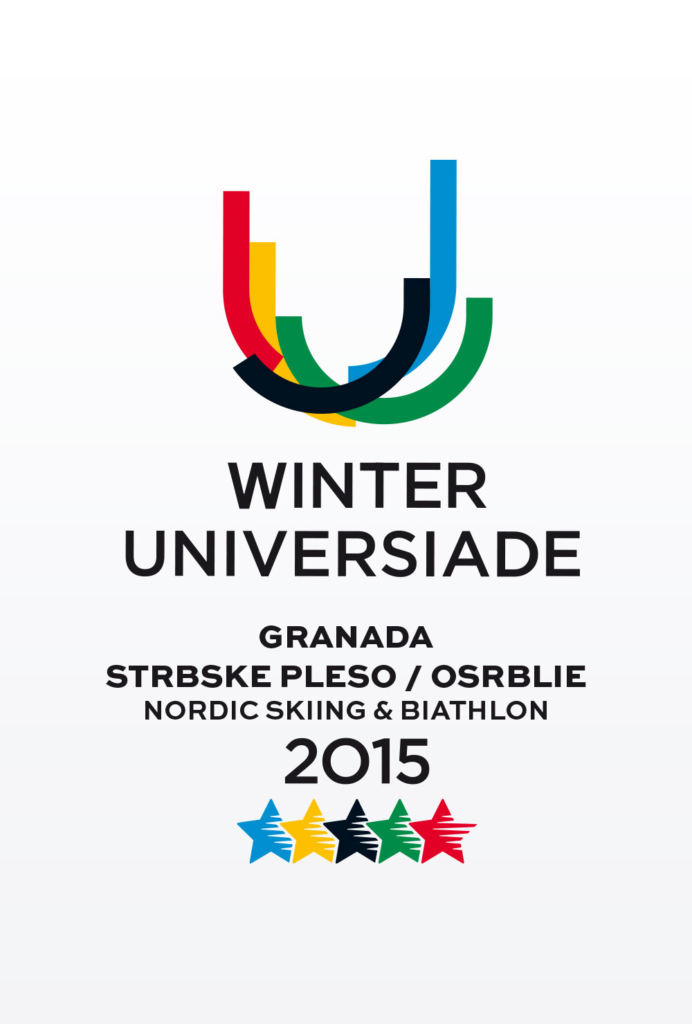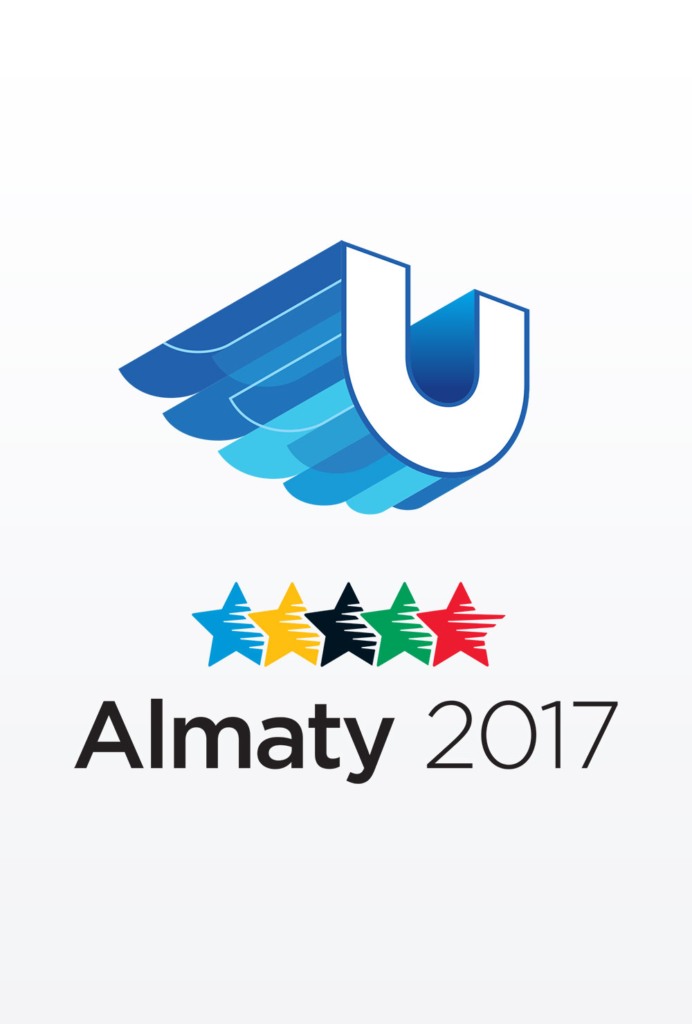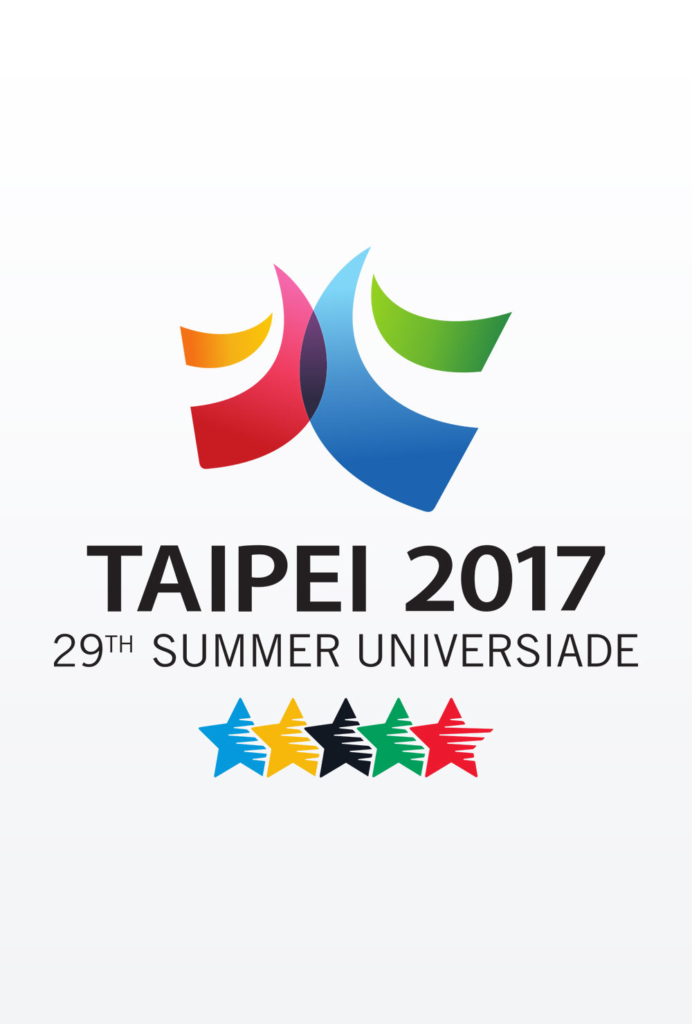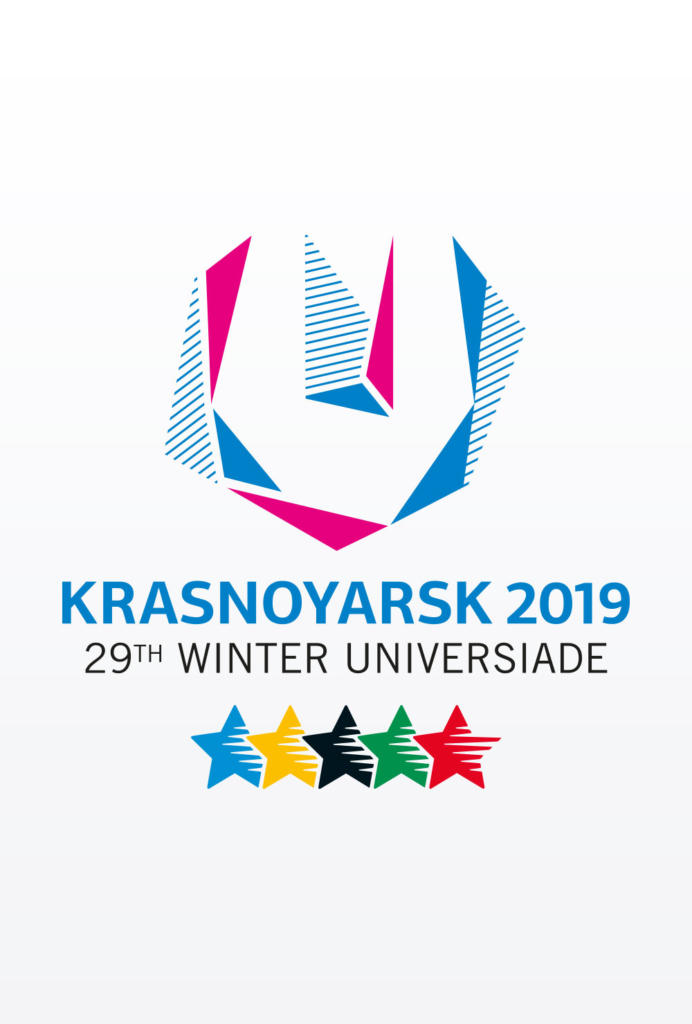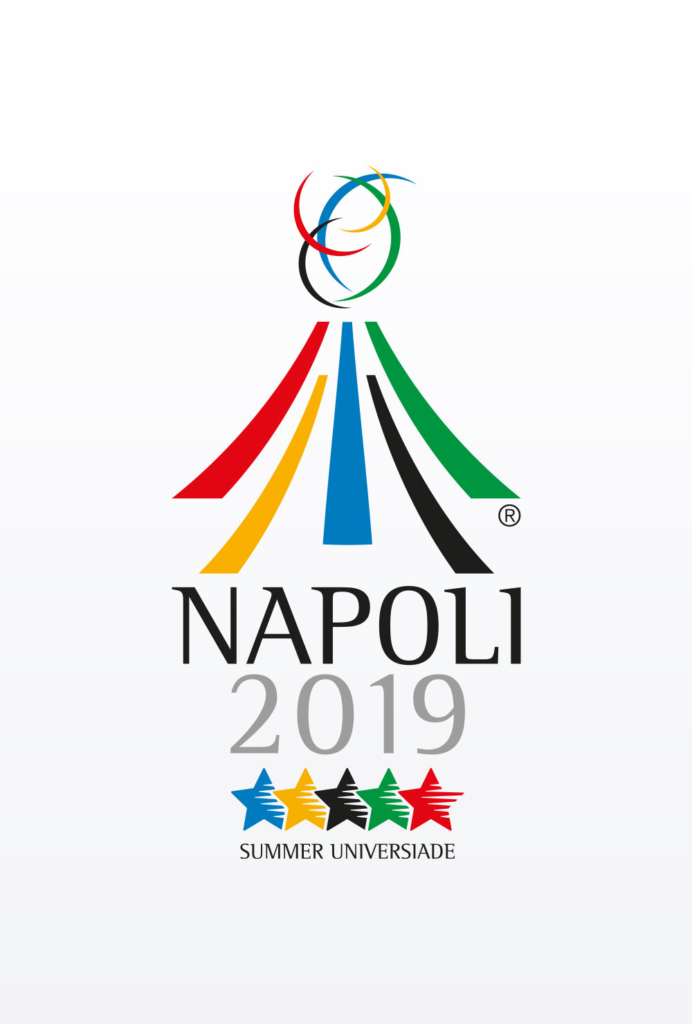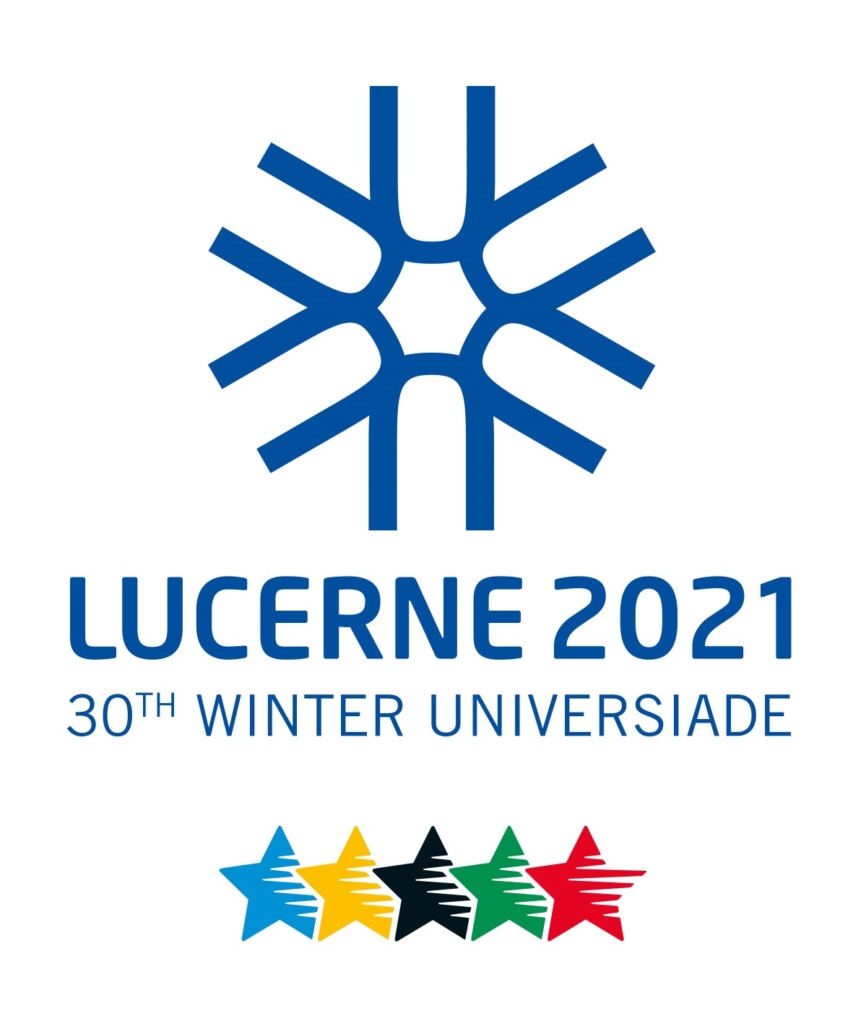FISU 75 Years – A Family Album
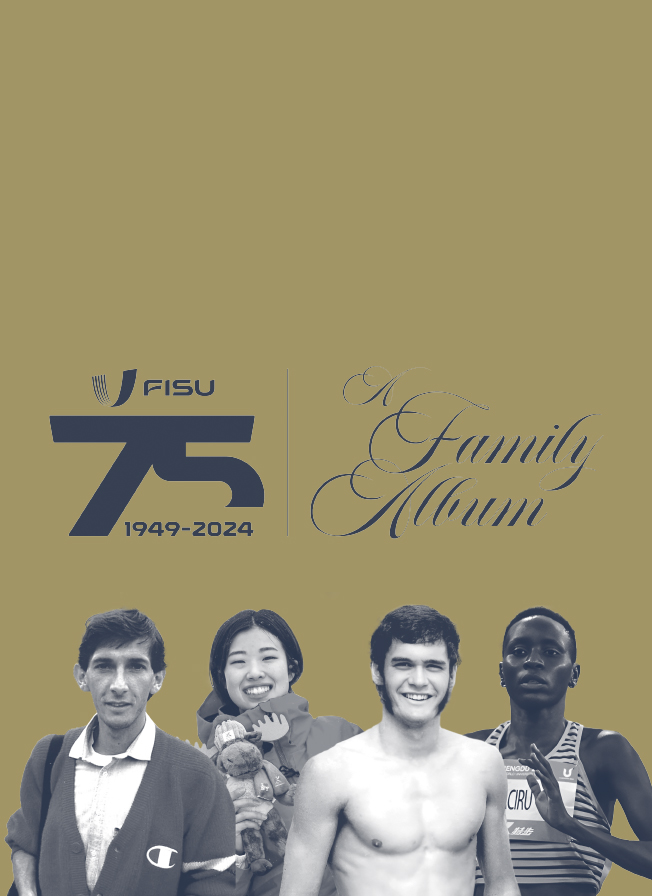
Download the book ‘FISU 75 – A Family Album’ on the history of FISU’s first 75 years or visit the online FISU Museum here
75 years of university sport is an incredible achievement for FISU. While such an accomplishment cannot be easily summarised, the anniversary book ‘FISU – A Family Album’ exists to tell this great history. This was not written to be an institutional chronicle but instead a reflection of the emotions and shared memories of those who made FISU and especially of student athletes with whom FISU has been engaging since 1949.
Precursors (1923-1949)
The second half of the XIX century was particularly favourable to the expansion of modern sports, and the emergence of university sports was not long in coming. They were first born in the United States in 1905, then appeared in Europe. After the First World War, in the context of the re-birth of sports exchanges globally, students also had the chance to get their own international competitions in the early 1920s.

It was the Frenchman Jean Petitjean, chemistry engineer and university sports leader, who launched the first World University Games in 1923 in Paris. The International Confederation of Students founded in 1919 took the responsibility of organising several editions of Summer and Winter Games from 1924 to 1939. These biannual student competitions made a trip around Europe before being interrupted by the Second World War.
For more information about the interwar university sports movement, please reference the link below.
Interwar World University Games (1923-1939)
The Founding of FISU (1949)
Jean Petitjean dreamed of bringing the World University Games back to life since the armistice. For the visionary Parisian sports leader, the International Union of Students (IUS) took the lead of the student movement and tried to make this dream a reality. This communist-oriented organisation put on the World University Winter and Summer Games in Davos and Paris in 1947. However, the IUS also tried to take over the governance of the international university sports movement to use it for propaganda purposes. This situation provoked disagreement among some European student sports leaders, who wished to limit politicisation of sports.
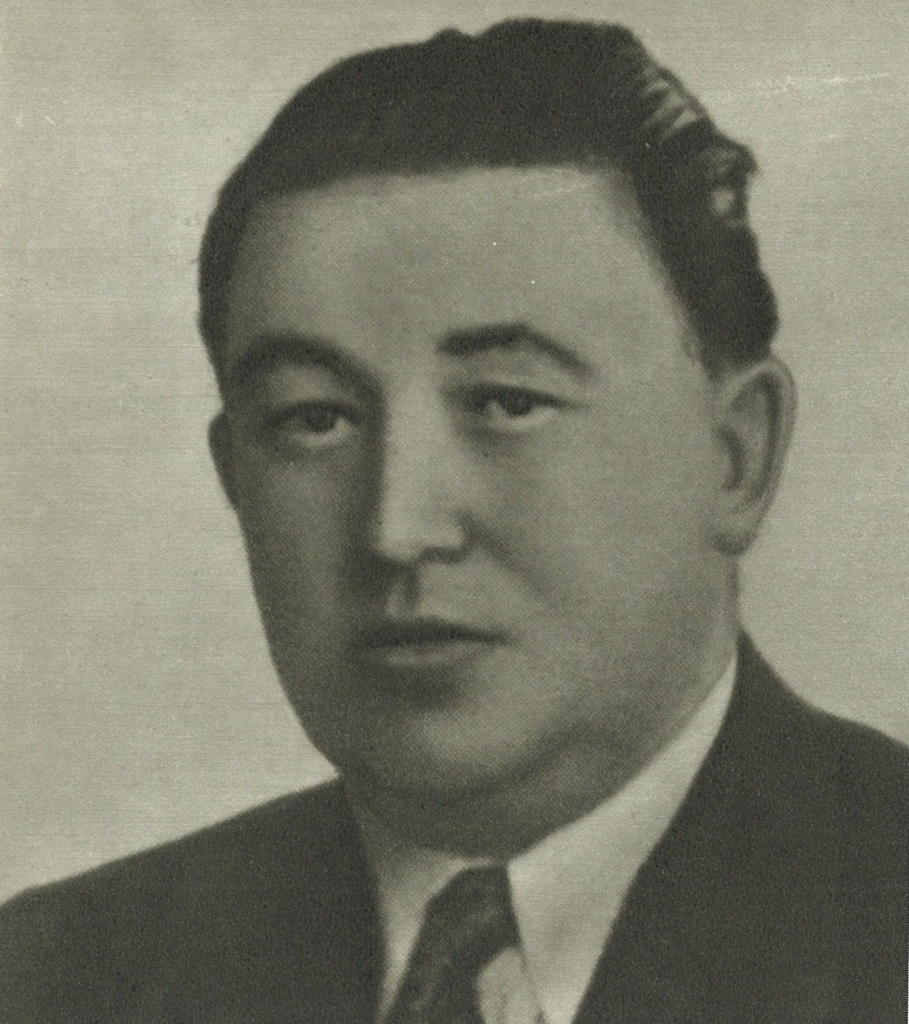
Luxembourg mathematician and teacher, Paul Schleimer, led the emerging Western group, and after long discussions started in 1948, the International University Sports Federation – or Fédération Internationale du Sport Universitaire in French (FISU) – was born. The organisation held its constitutive General Assembly on 1st June 1949.
There were now two separate multi-sport events for students since the IUS continued the tradition of the World University Games, and FISU organised the International University Sports Weeks. The federation’s first summer event was staged in the Italian town of Merano in September 1949. Other editions followed: Luxembourg (1951), Dortmund (1953) and San Sebastian (1955). Winter Weeks were also held in Bad Gastein (1951), St. Moritz (1953), Jahorina (1955), Oberammergau (1957), and Zell-am-See (1959).
FISU International University Sports Weeks (1949-1957)
First Universiade (1959)
Starting from the mid-1950s, the attempts for peace and cooperation made it possible for the international University Sport Movement to reunite. Students from 32 countries met in 1957 in the Games’ hometown of Paris to compete in six sports. From this meet arose the desire to organise a universal event for student-athletes.
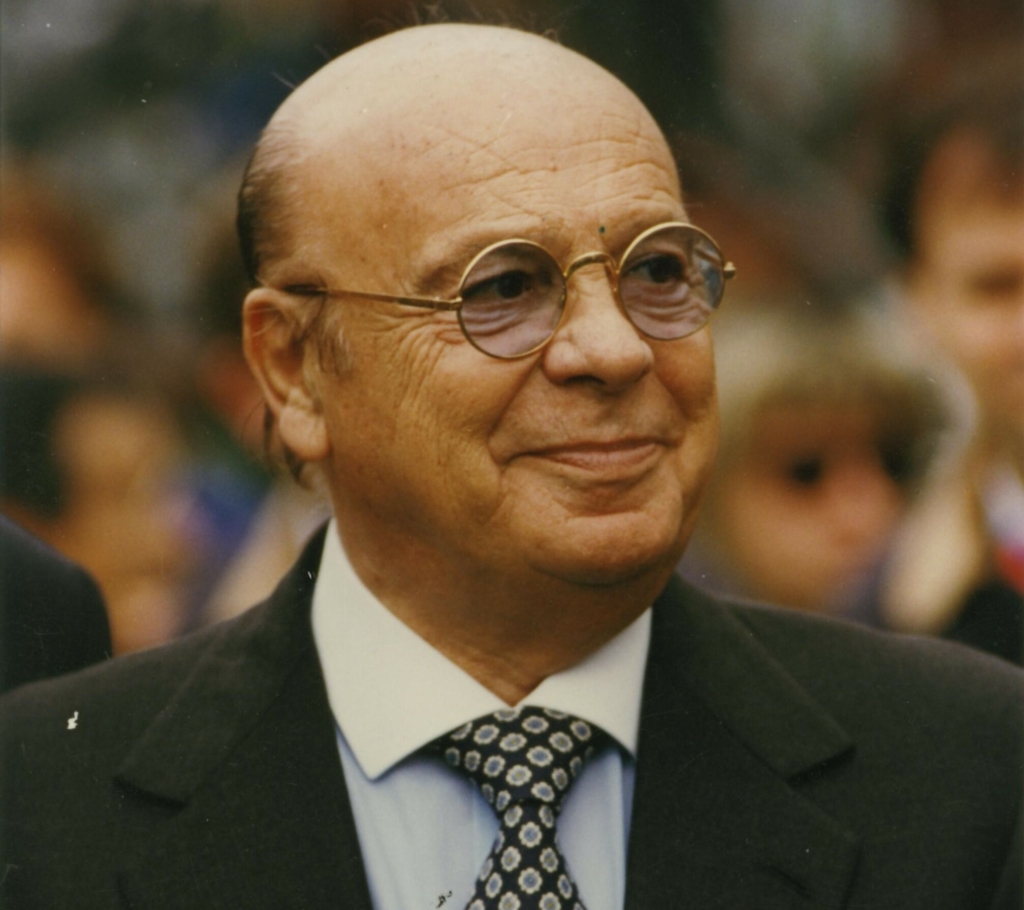
In 1959, FISU and the IUS agreed not to hold their respective summer events. In fact, they agreed to participate in the « Universiade » organised in Turin by Centro Universitario Sportivo Italiano (CUSI), the Italian university sports association. 1,407 student-athletes from 43 countries across all continents gathered in Turin for this event which finally showed promise to reconciliation. A flag with a ‘U’ surrounded by stars began its journey around the world, while the traditional academic song Gaudeamus Igitur sounded at all the official ceremonies of the Universiade. No national anthems were actually played, which is still the case today! The Turin 1959 Summer Universiade was also a success for the local Organising Committee and particularly its leader Dr. Primo Nebiolo – the man who was to change the future of the University Sport Movement and bring into the path of globalisation.
The Expansion of University Sport (from 1959 to 2025)
Since 1959, the agenda of FISU events has been permanently growing: the federation organised 30 summer and 29 winter editions of the Universiade, more than 350 World University Championships and University World Cups, not to mention over 30 educational seminars, forums and conferences around the world.
Ever since, the Universiades have continued to attract more and more participants. Starting with 1,407 participants in Turin in 1959, the Universiade saw a total of 6,757 participants from more than 165 countries in Beijing in 2001 and 6,643 participants from 174 countries in Daegu in 2003. The highest number of participants was registered at the Kazan 2013 Summer Universiade, with 11,759 athletes representing 159 countries. The Winter Universiades began with 220 athletes from 16 countries in Chamonix in 1960 and saw a record over 3,000 athletes from 58 nations in Krasnoyarsk in 2019.
The expansion of university sport worldwide created a need for newer meets and competitions to complete the FISU sports programme. In 1963 the Swedish city of Lund staged the first FISU World University Championships in handball. Over 50 years, more than 350 Championships have been organised, covering an extensive range of events that are almost always different from the Universiade sports. In 2015, the University World Cups allowed bringing elite sport right onto campuses. The Chinese city of Xiamen hosted FISU’s first World University League – 3×3 Basketball Finals. Following the success of its four editions, FISU decided to launch the University World Cup – Football in November 2019 in Jinjiang.
